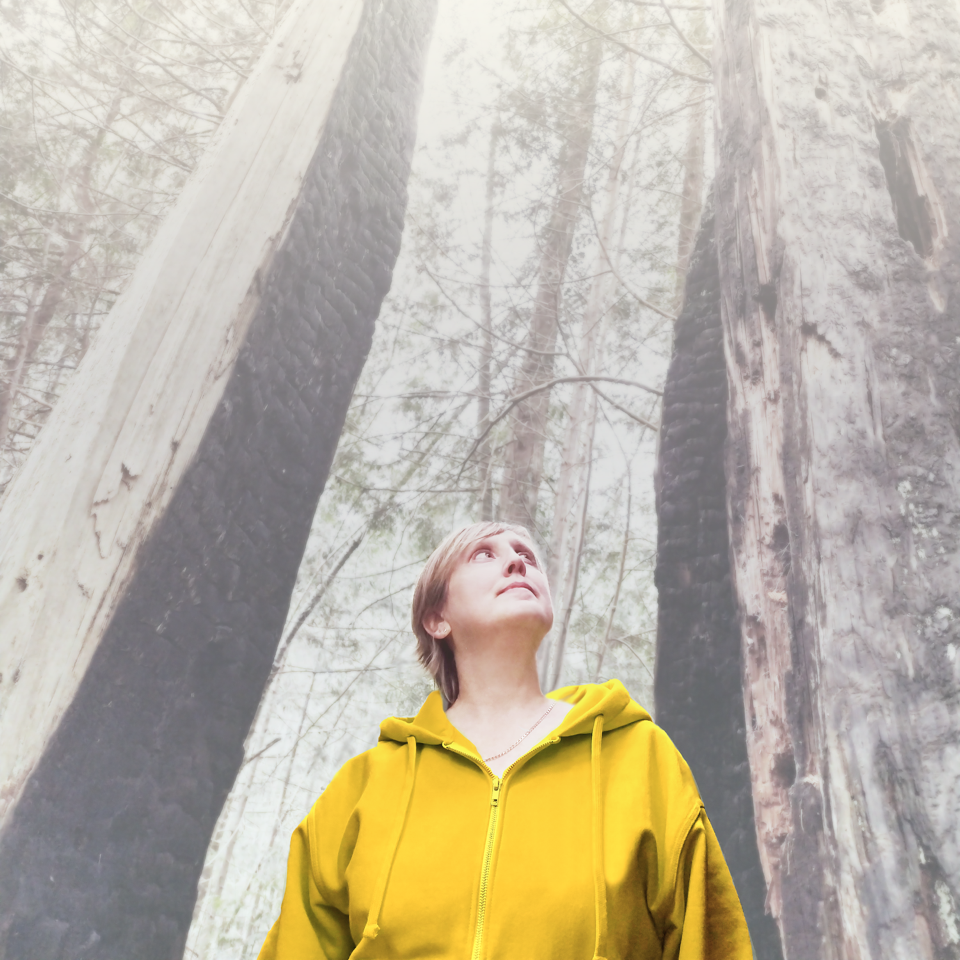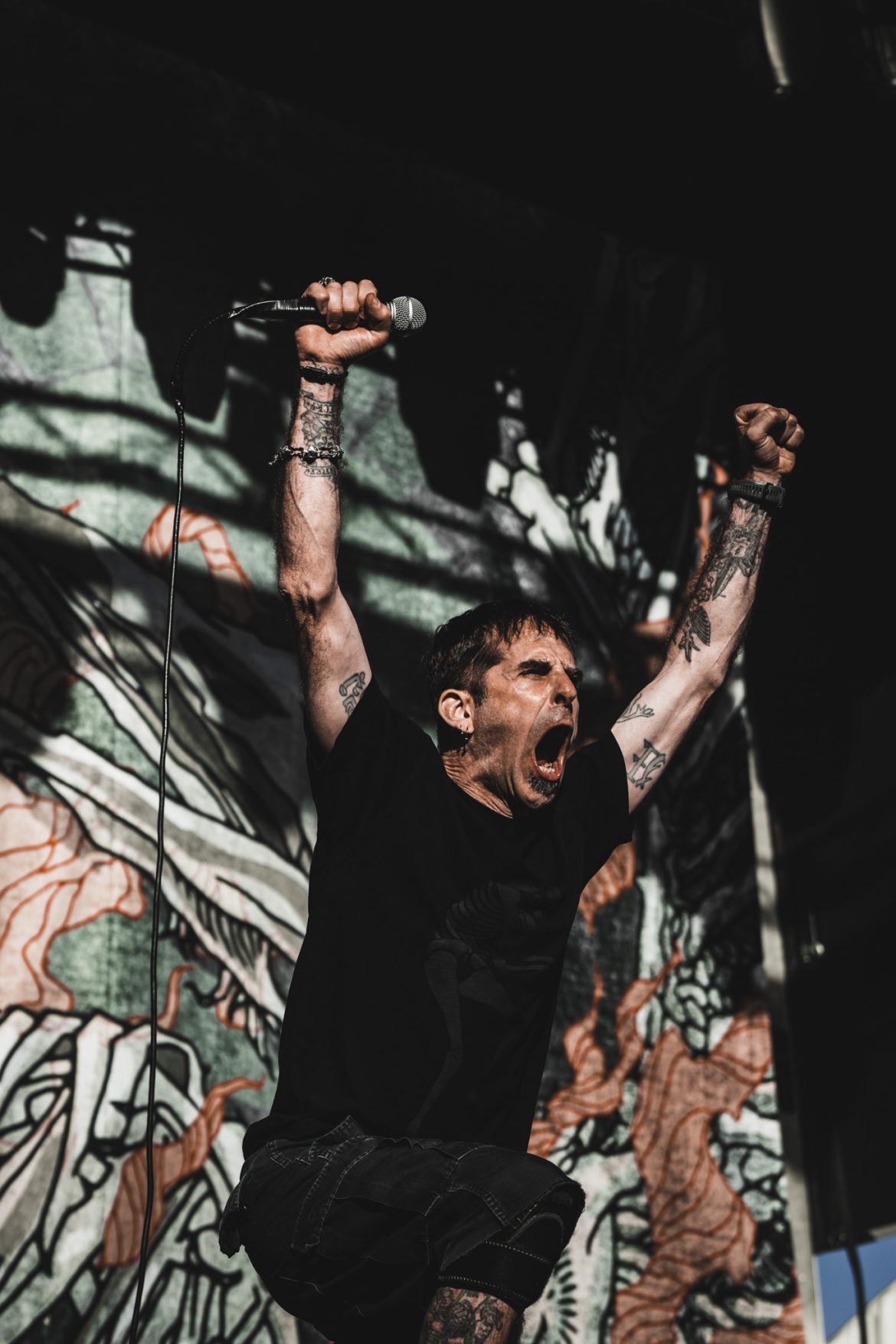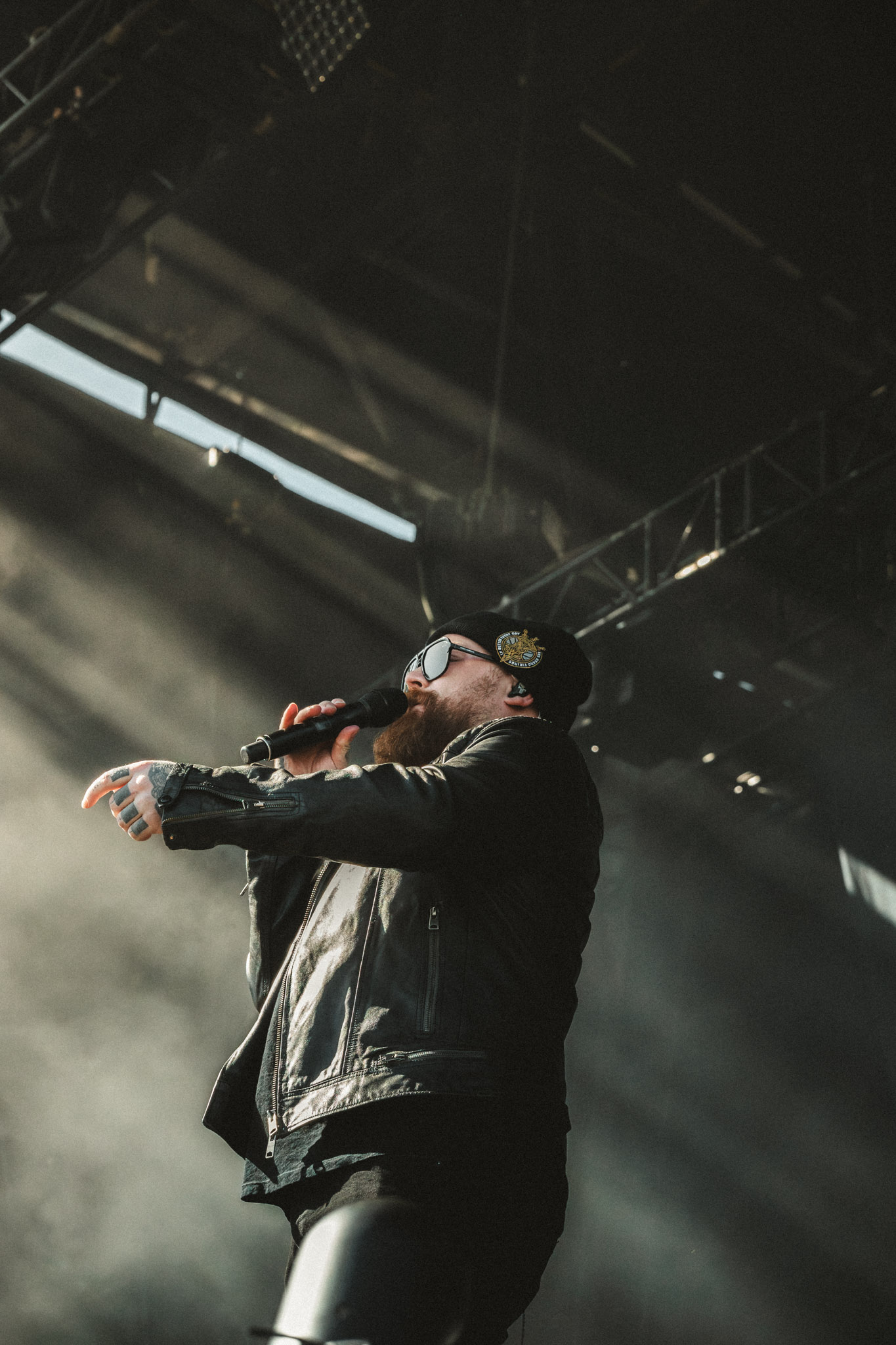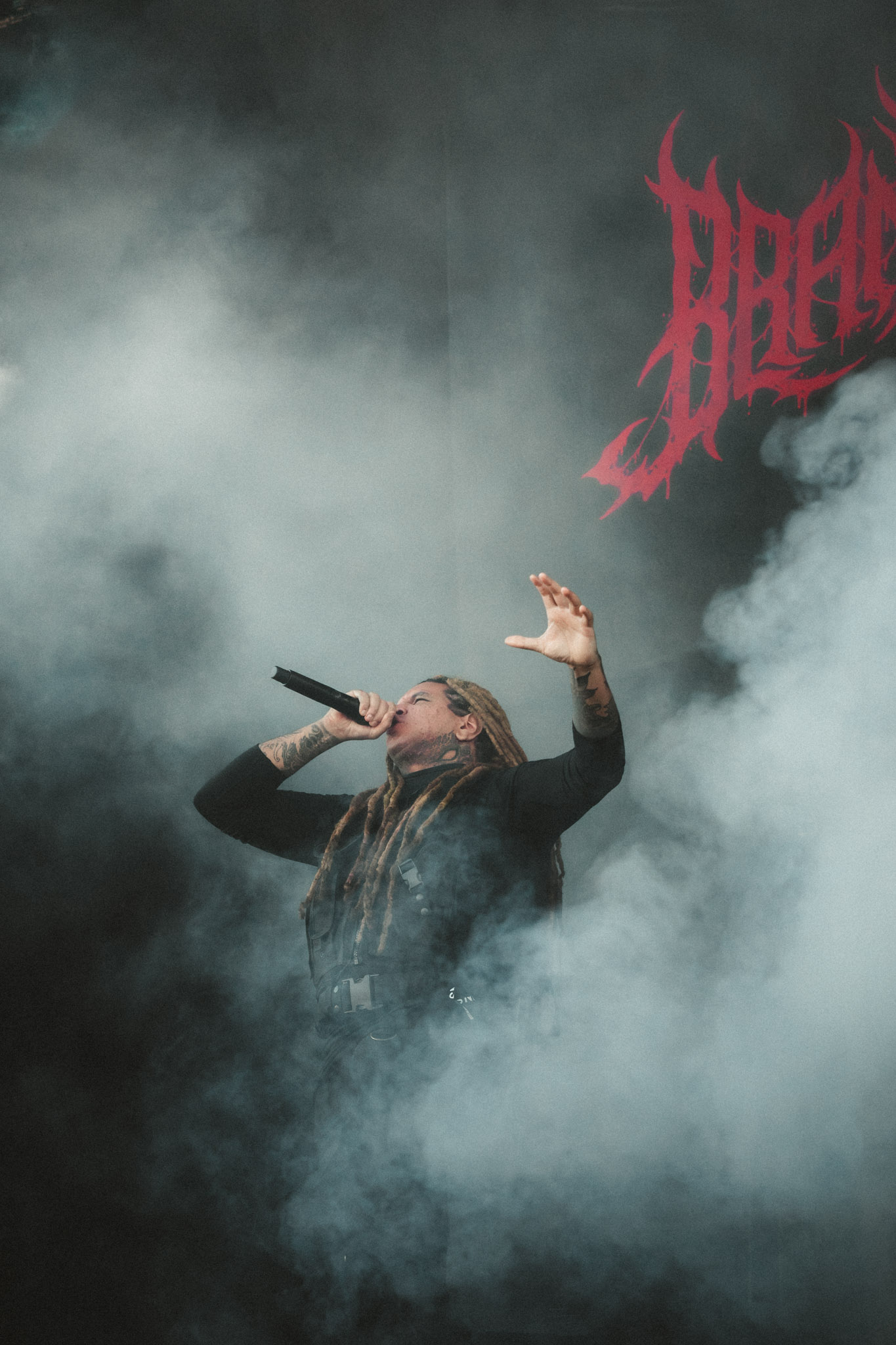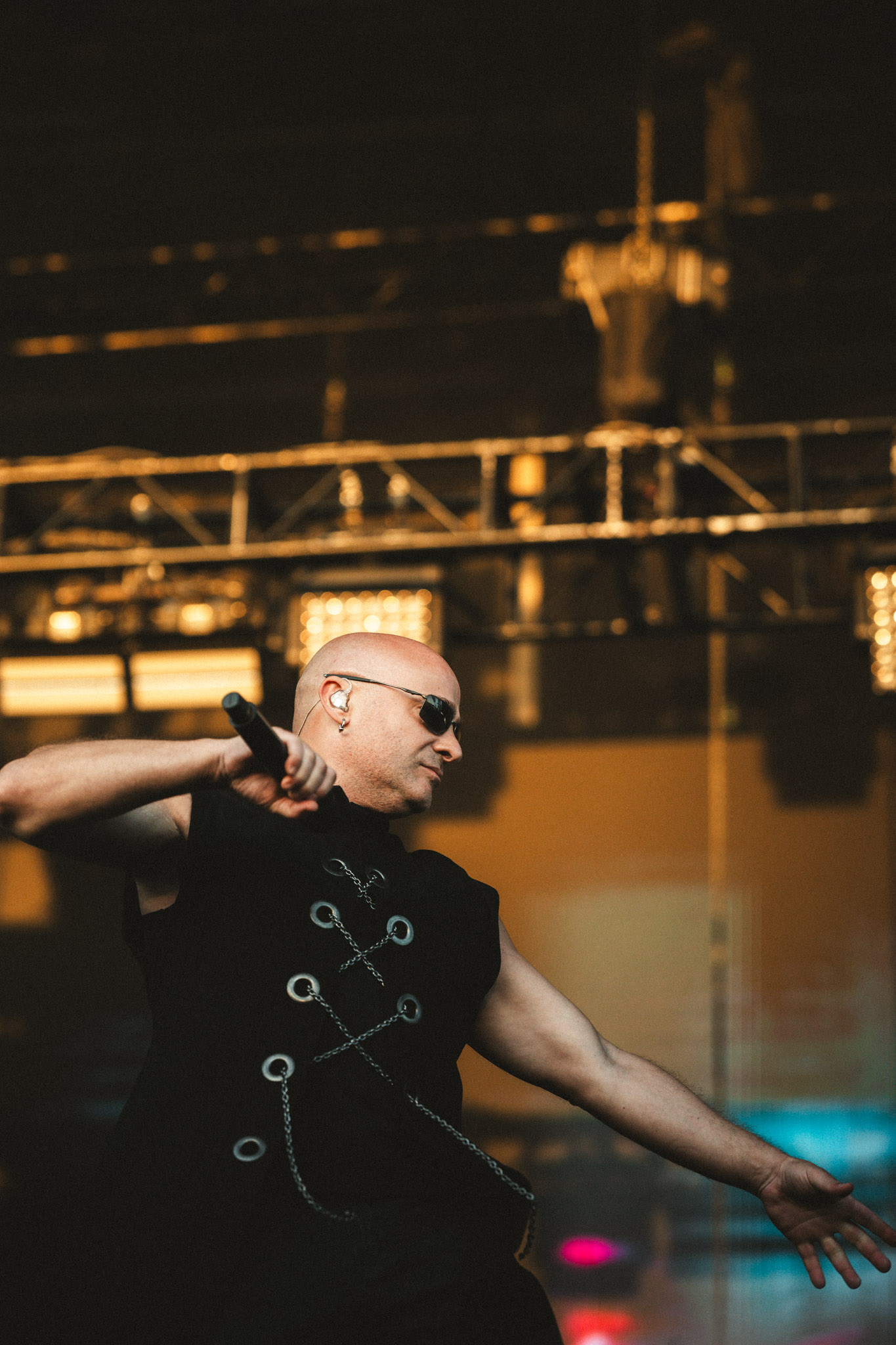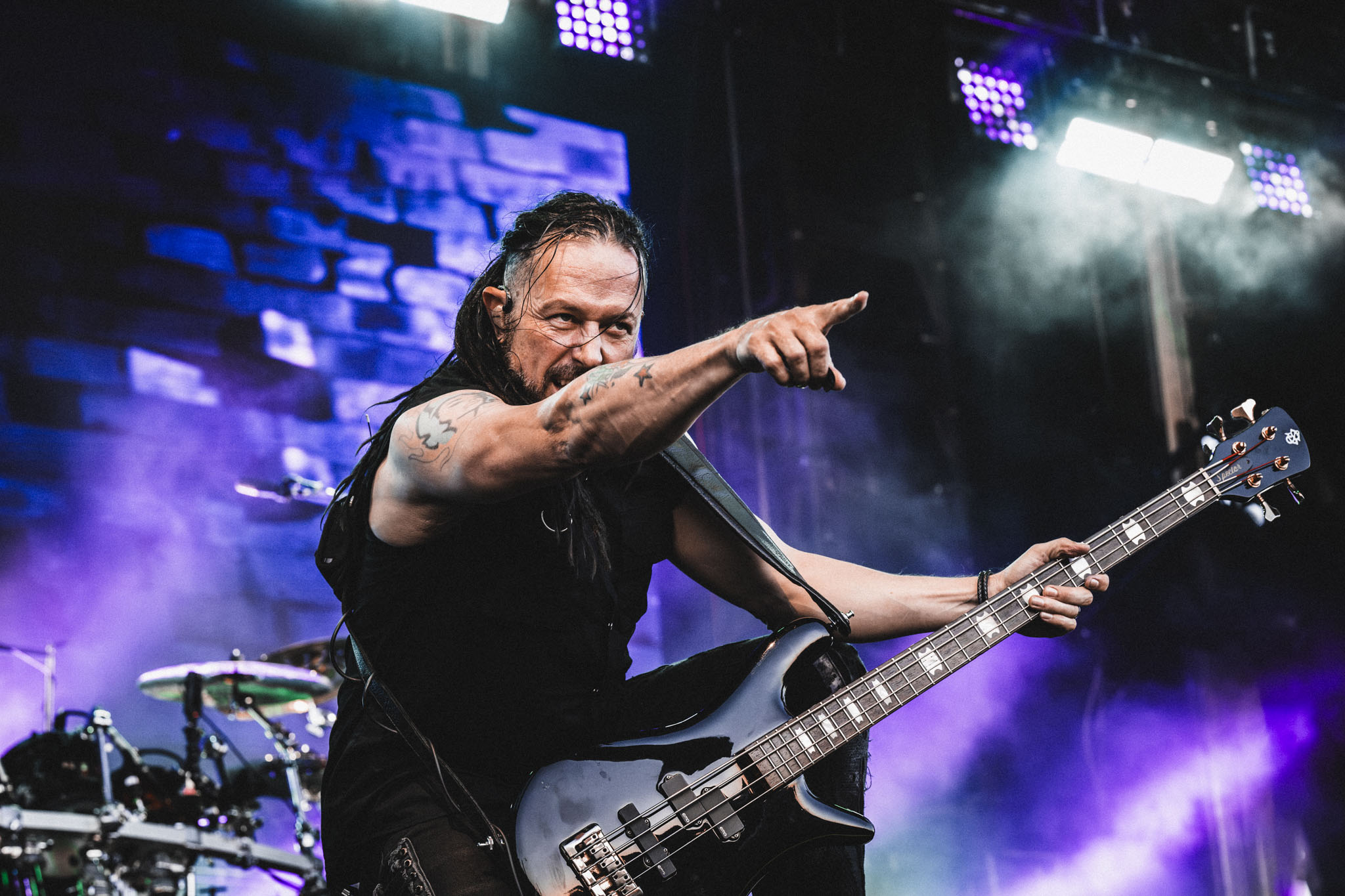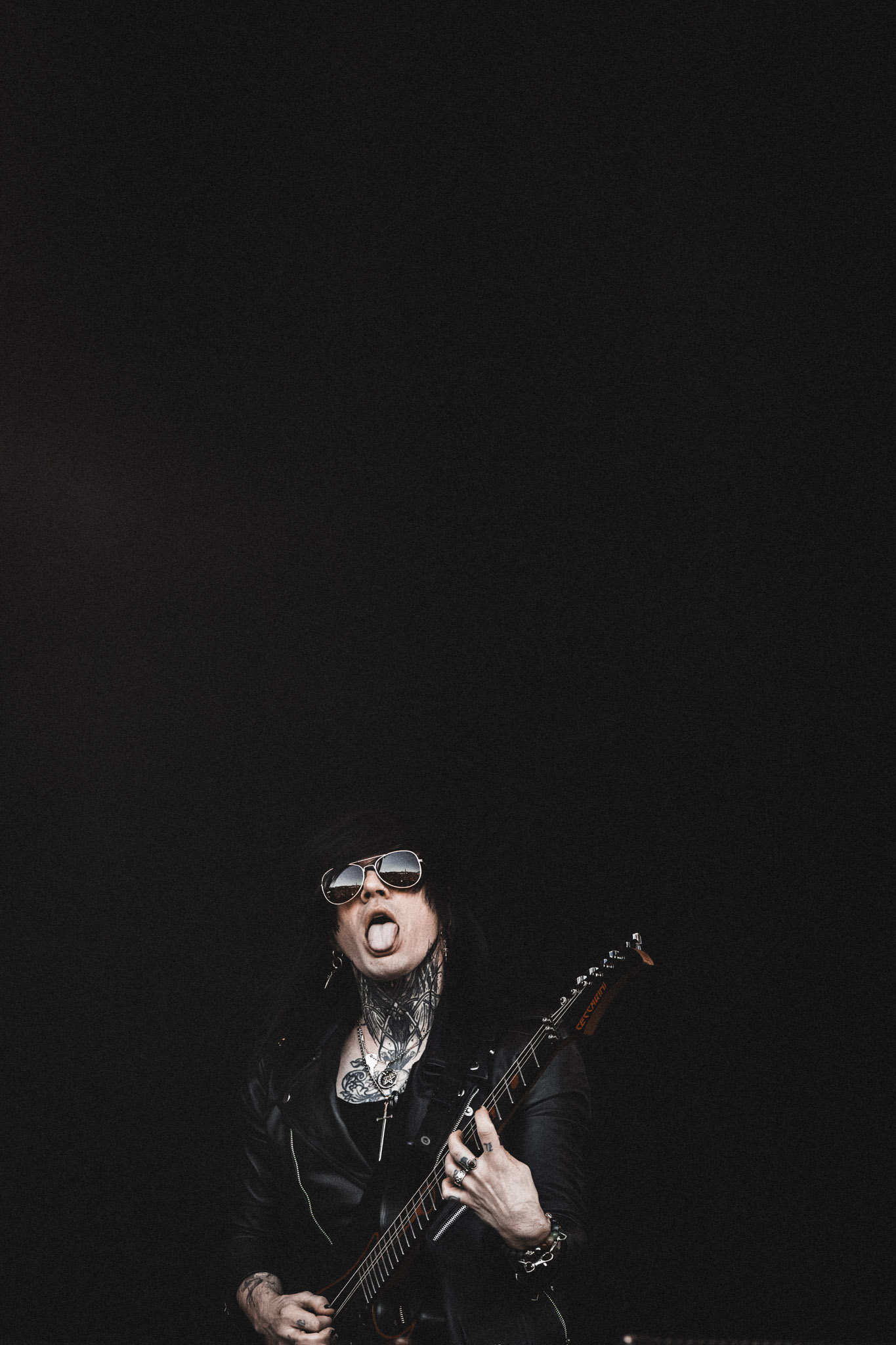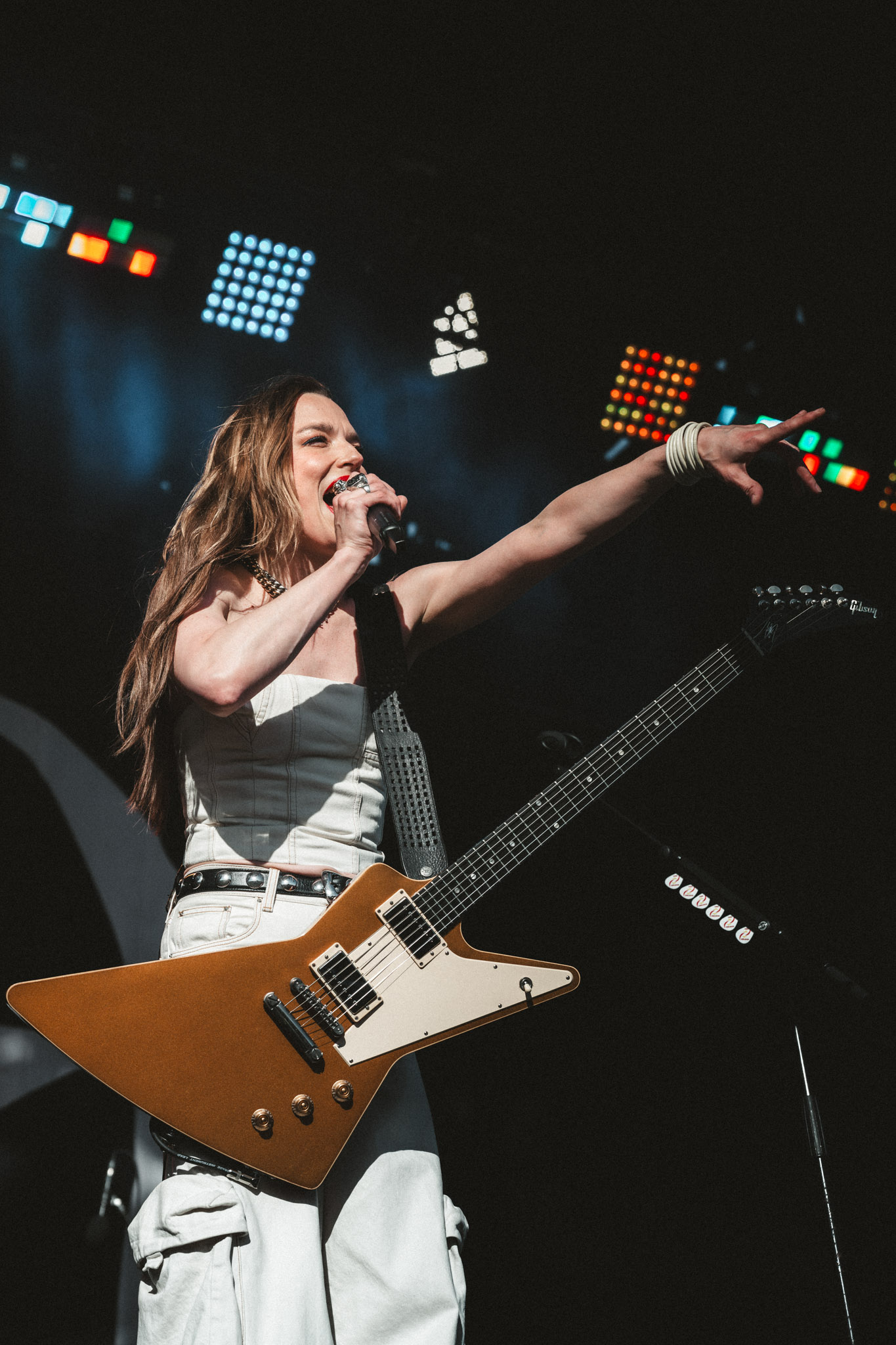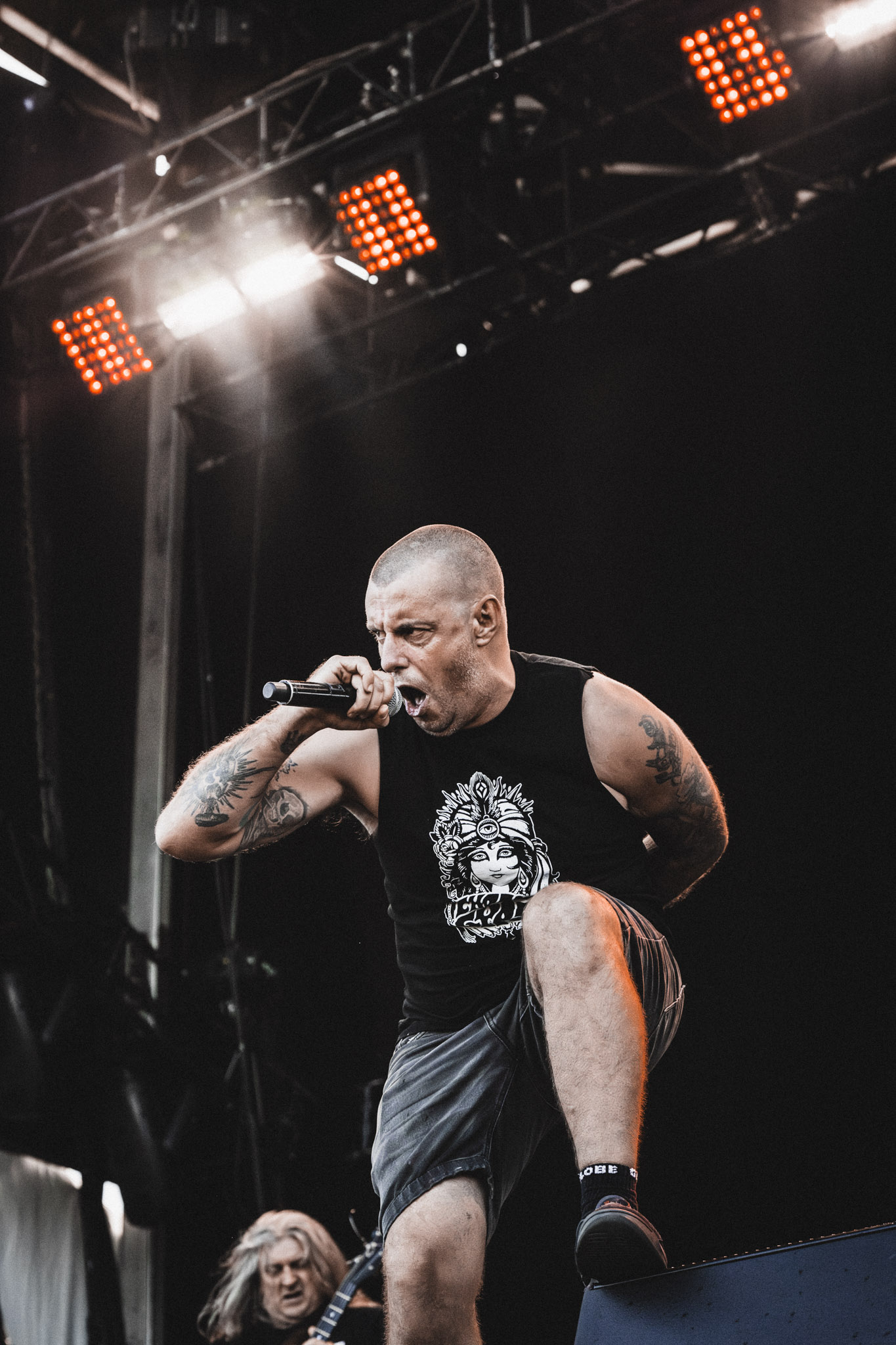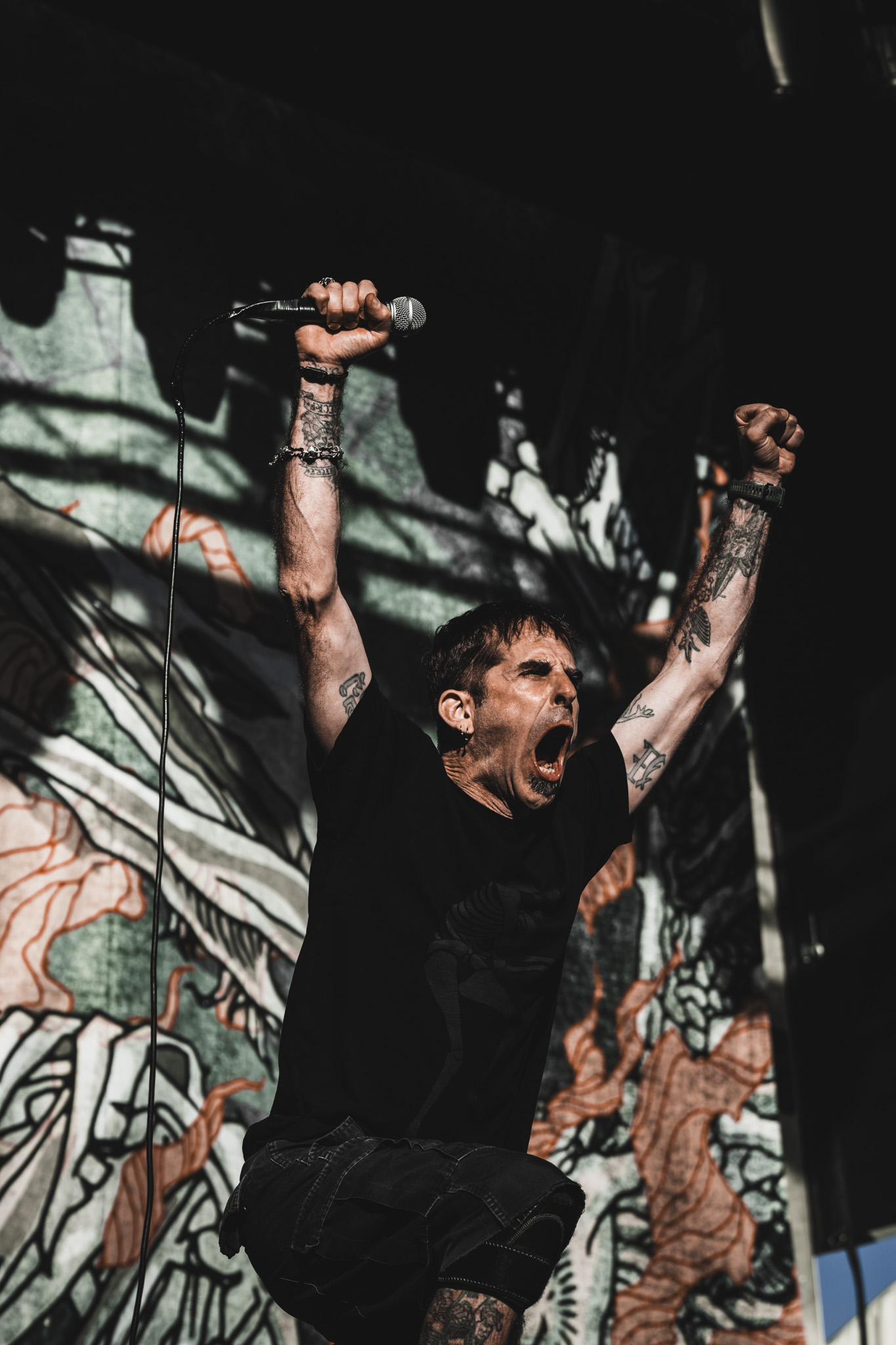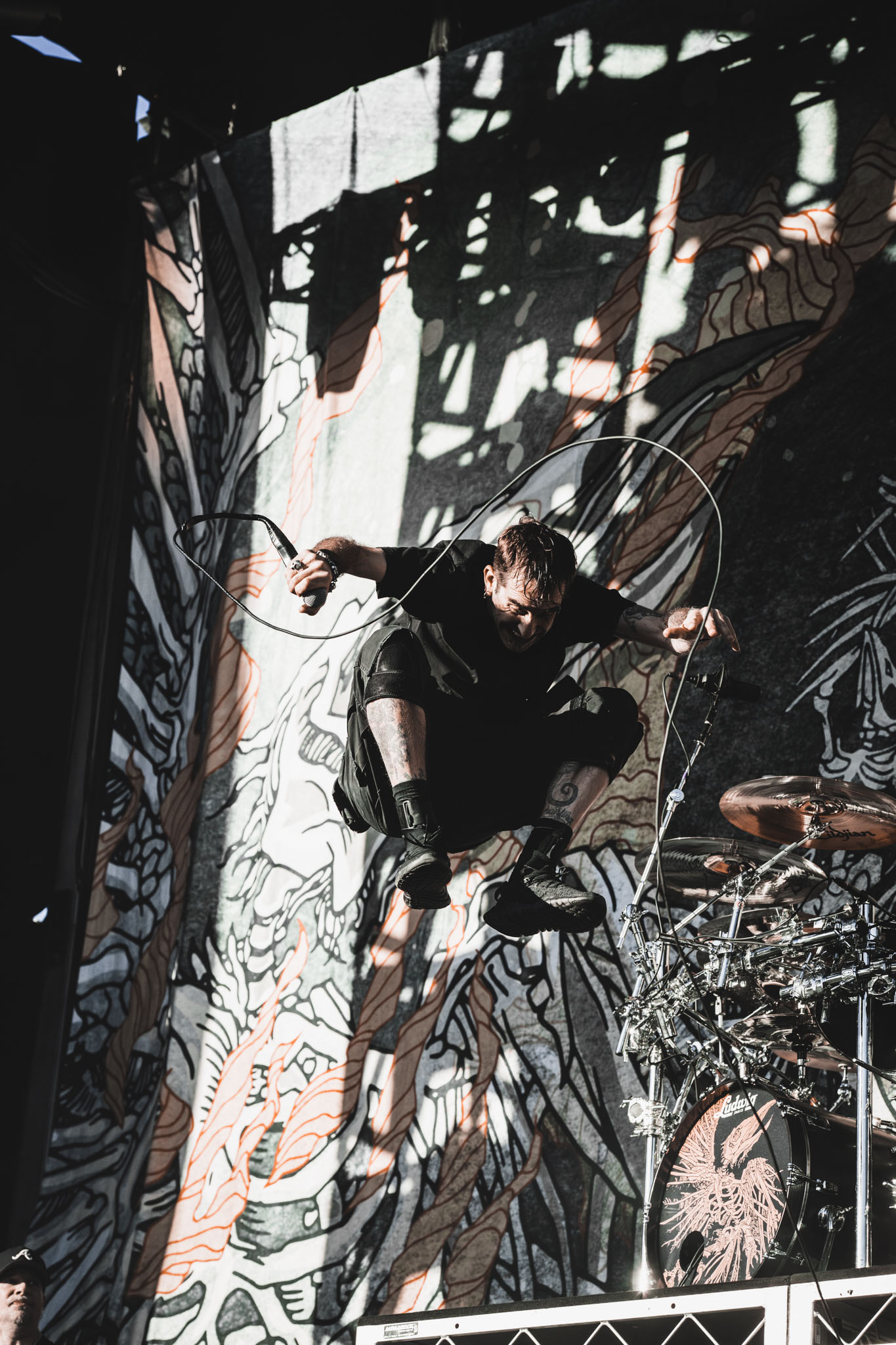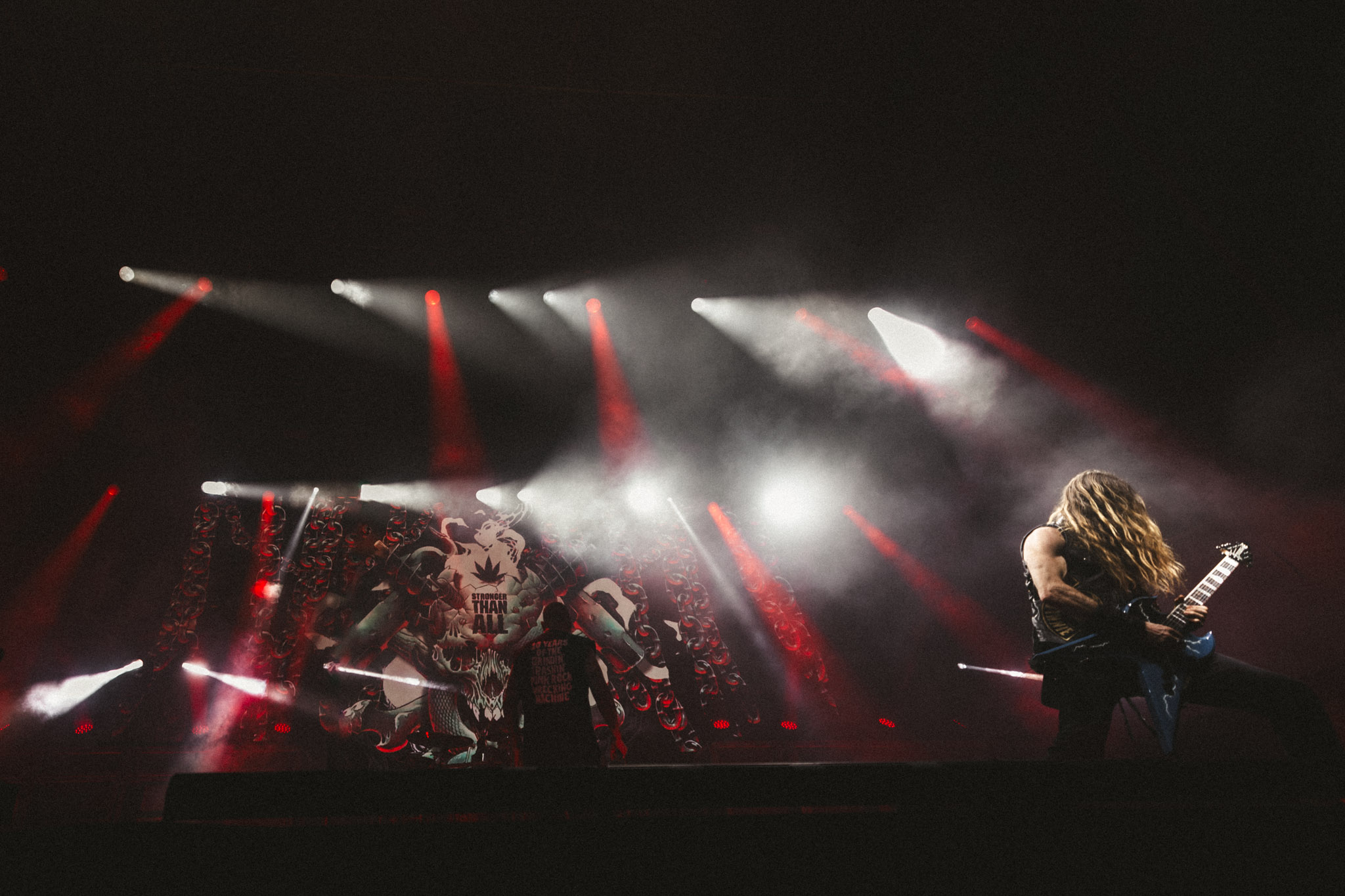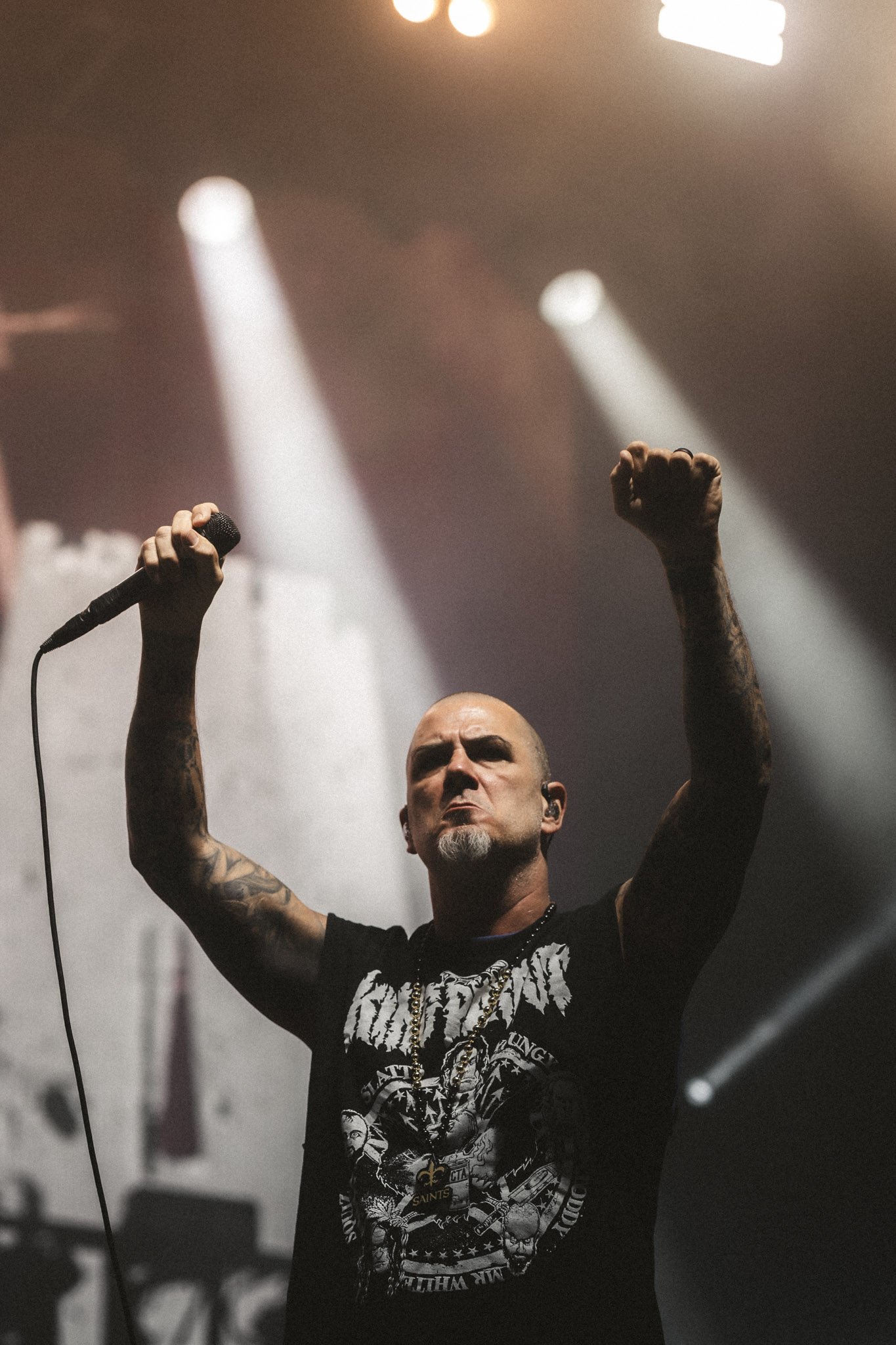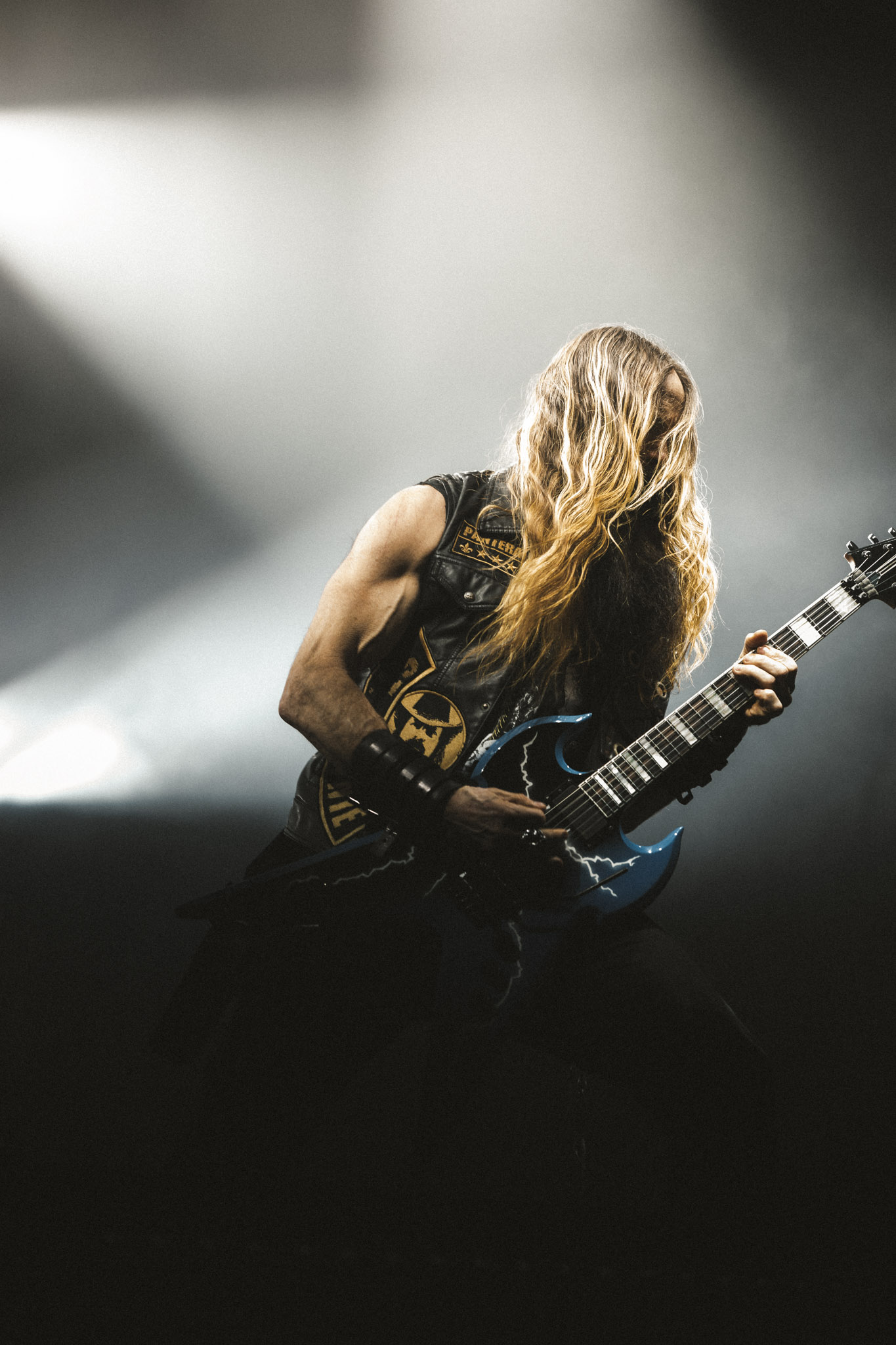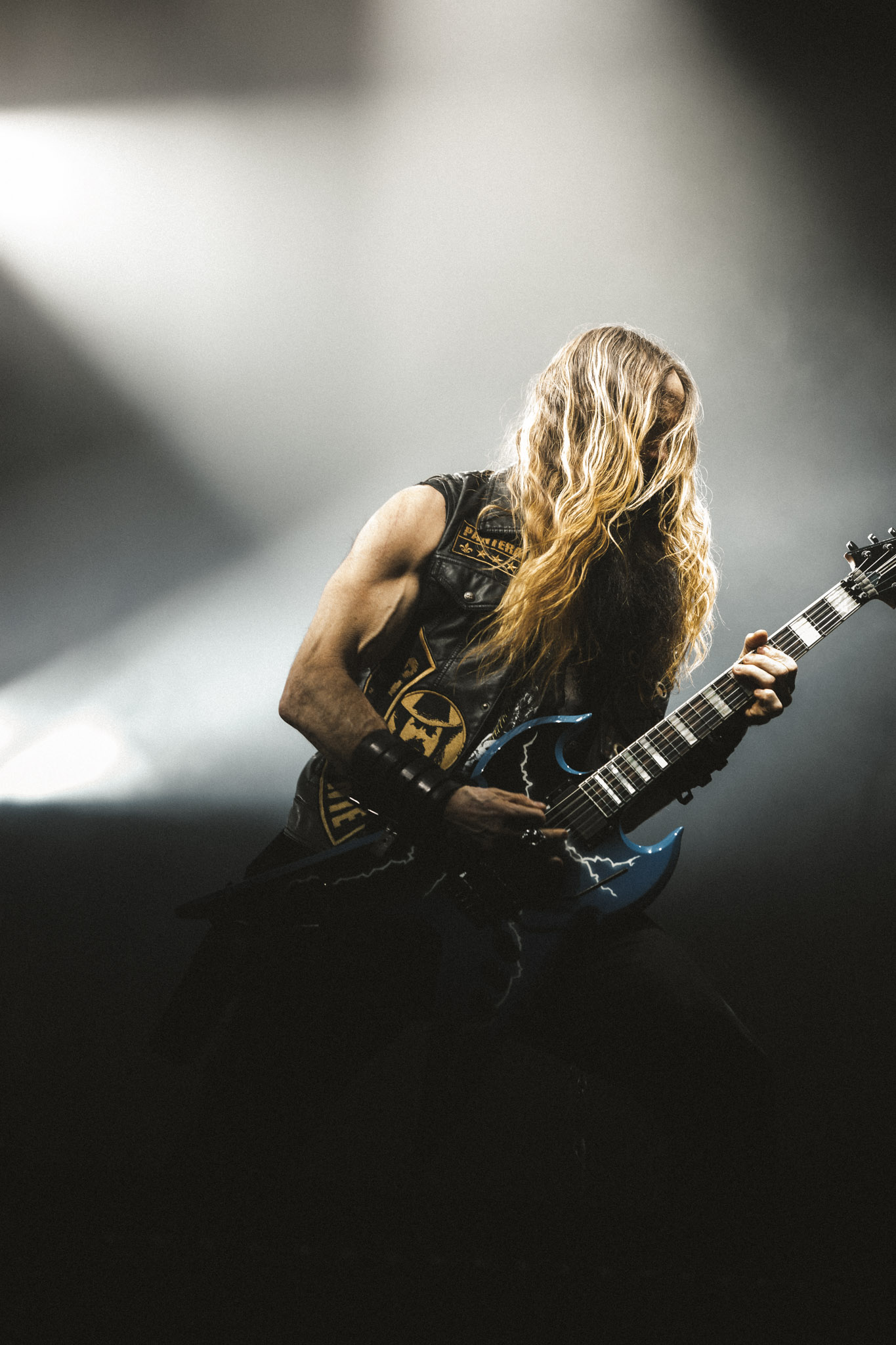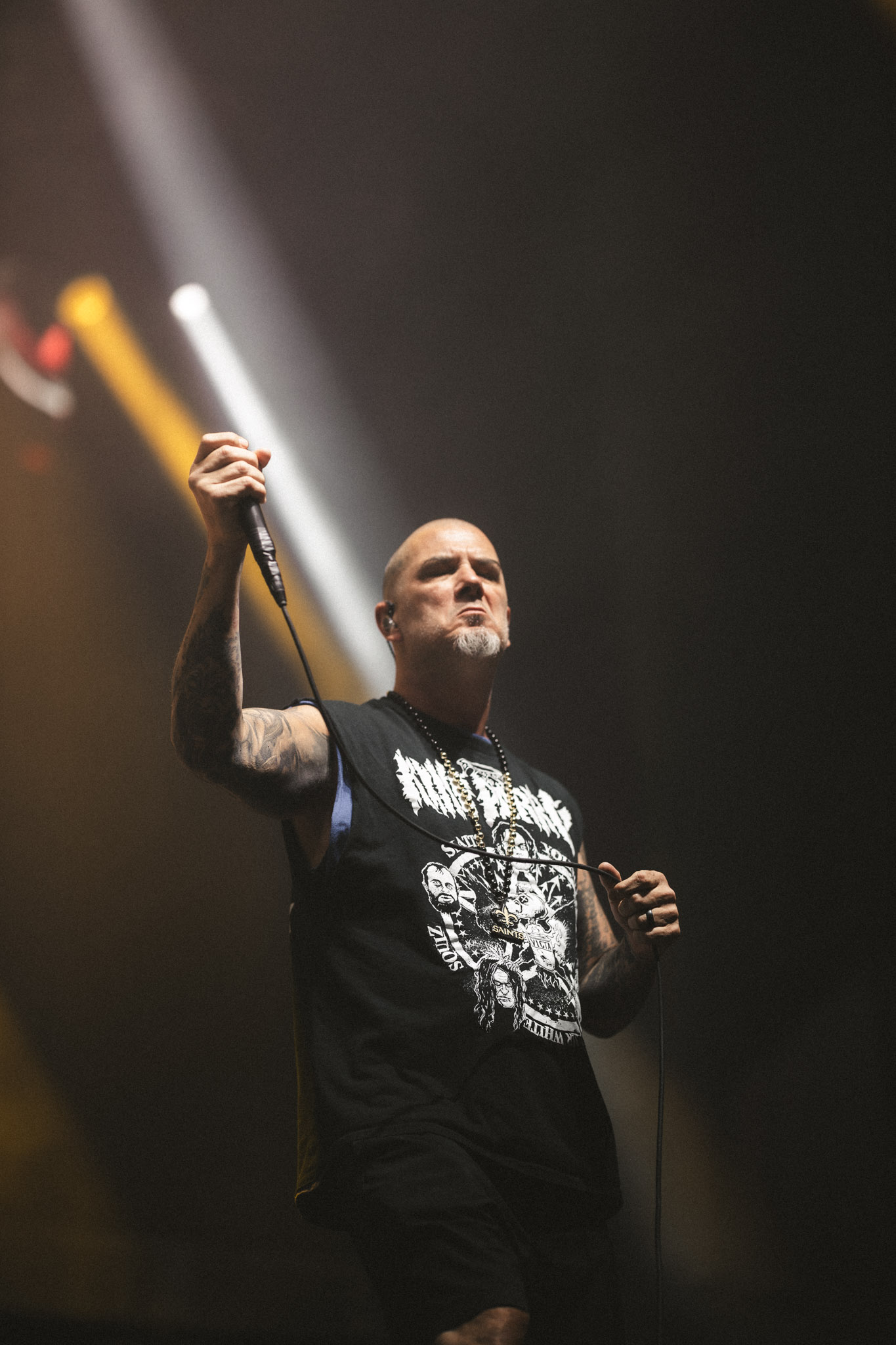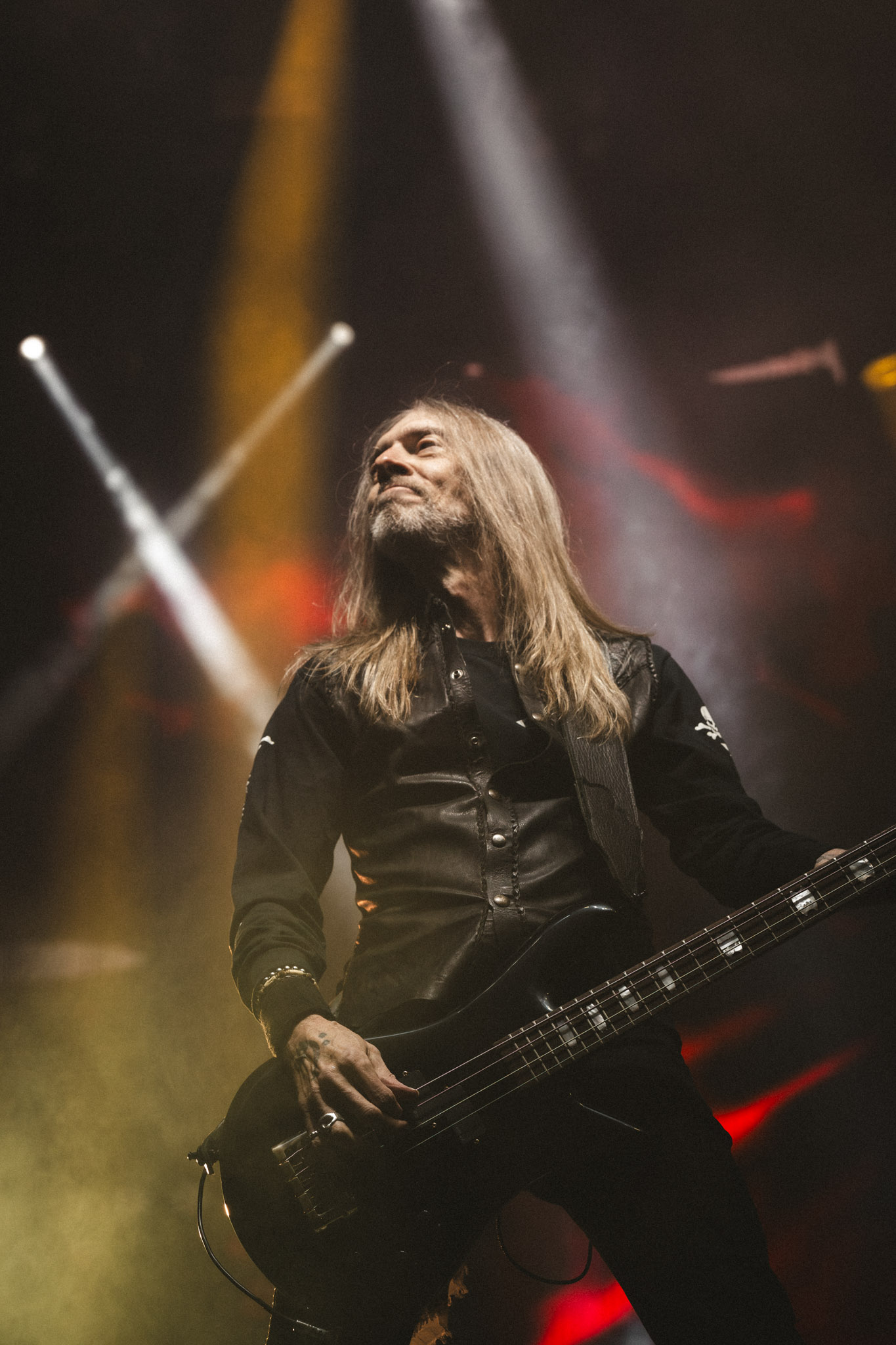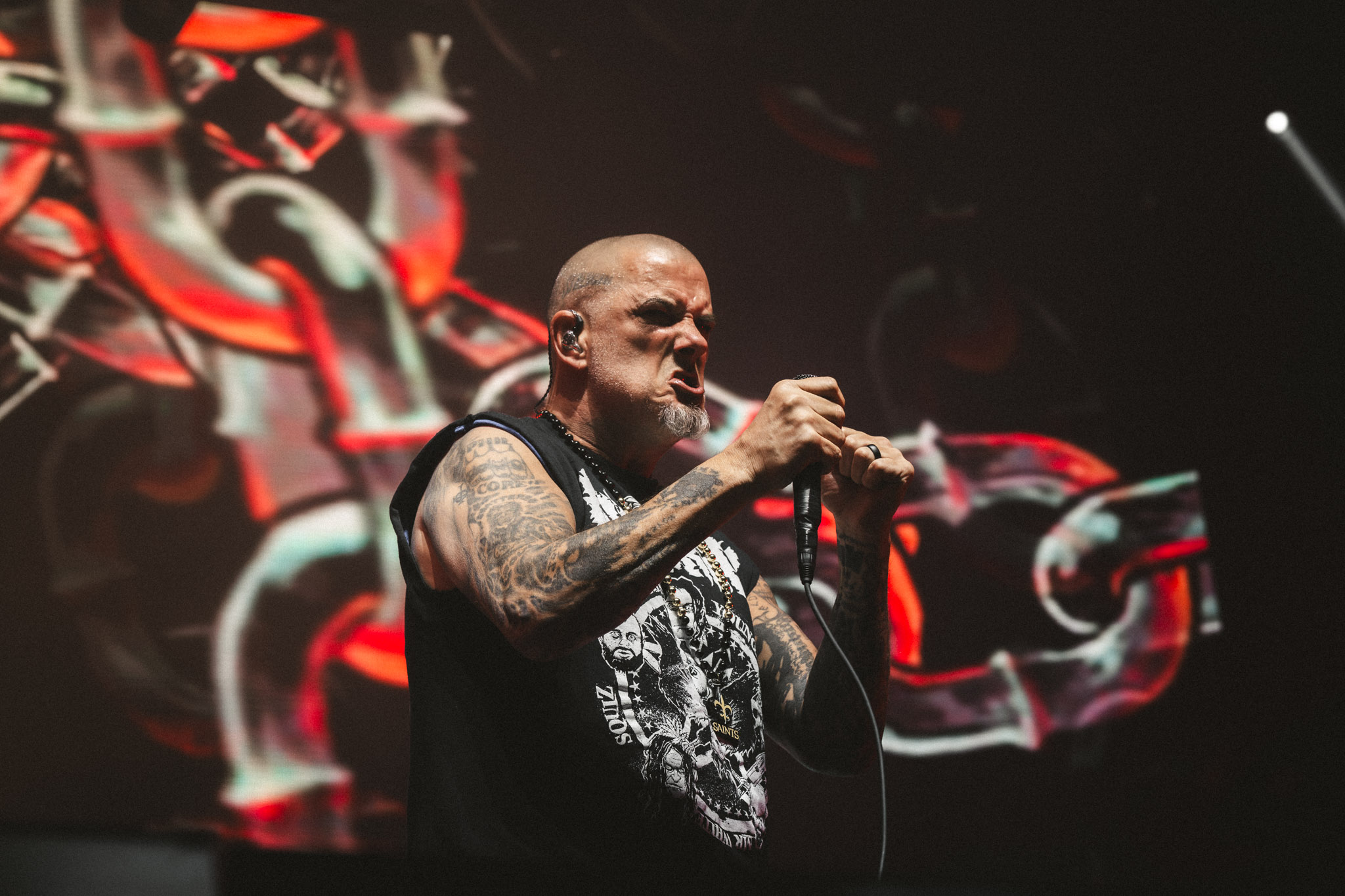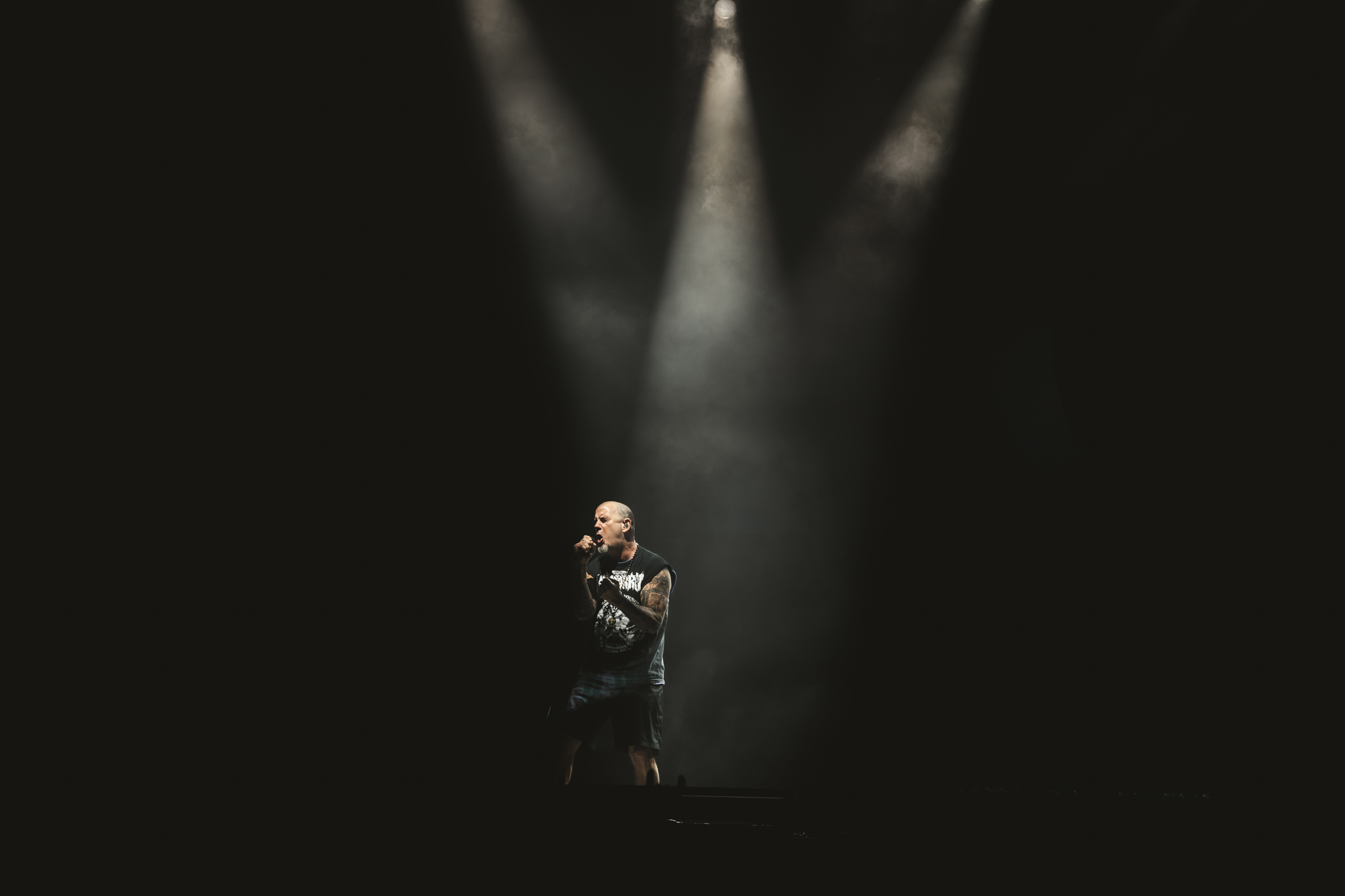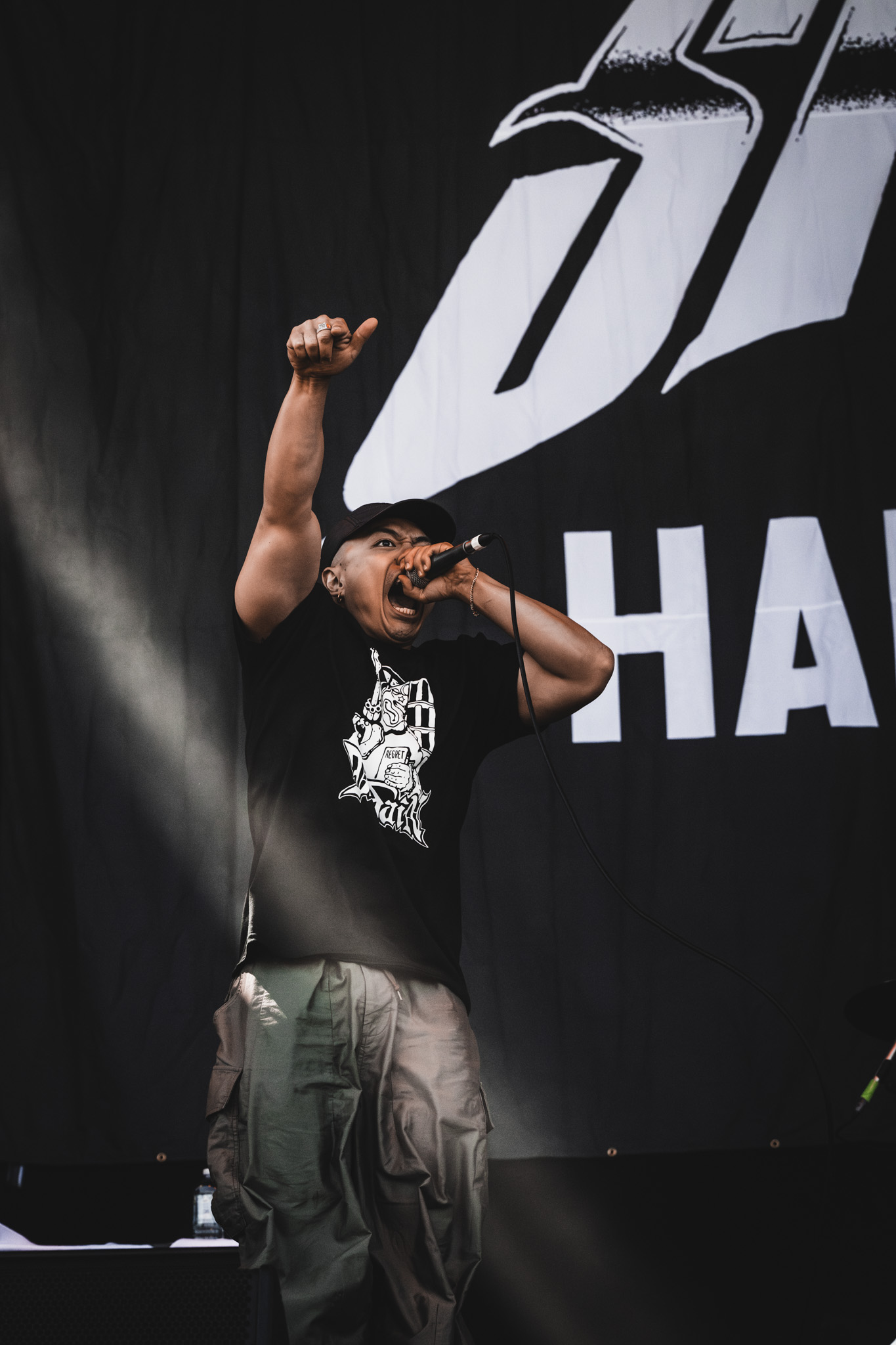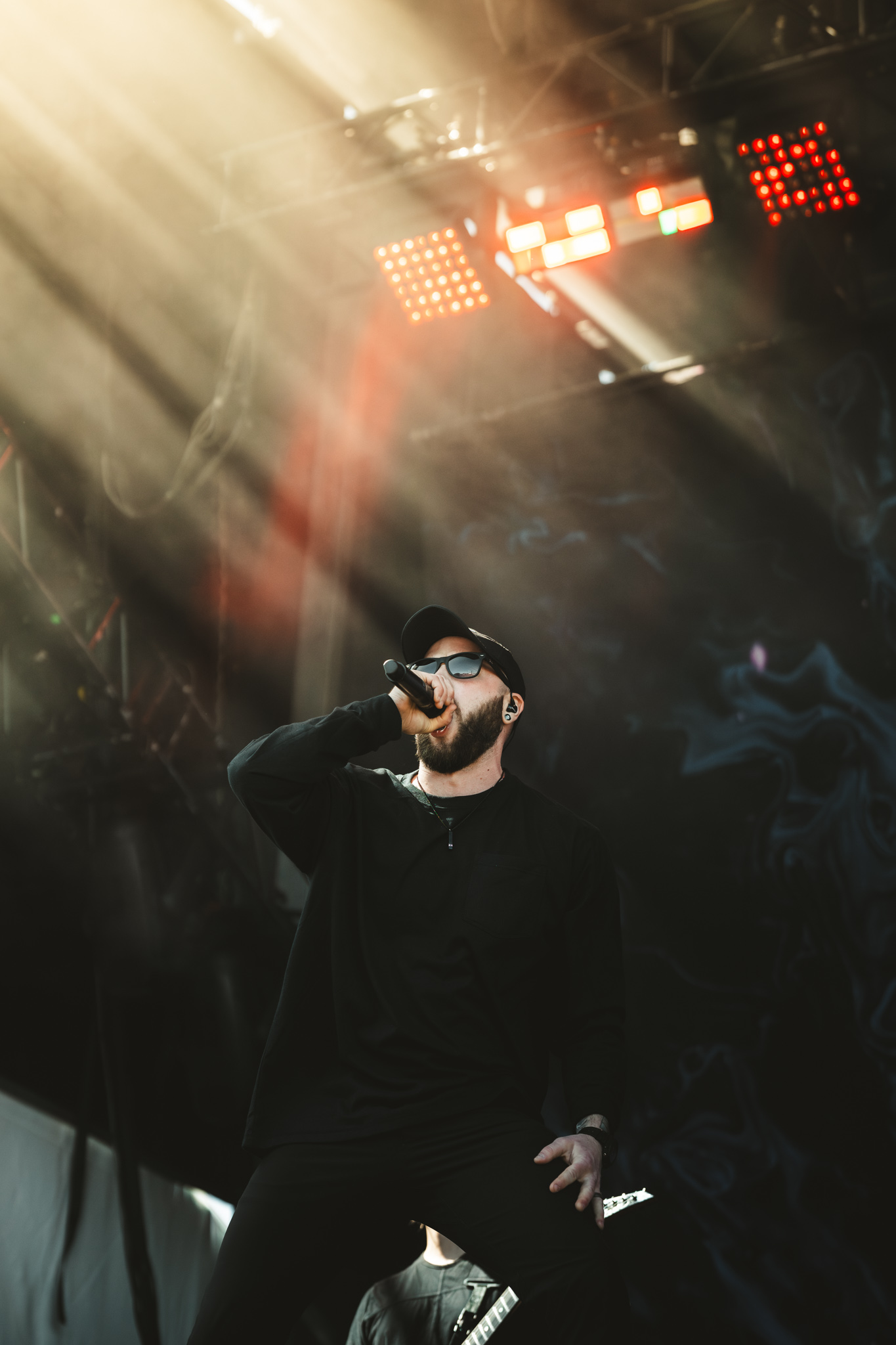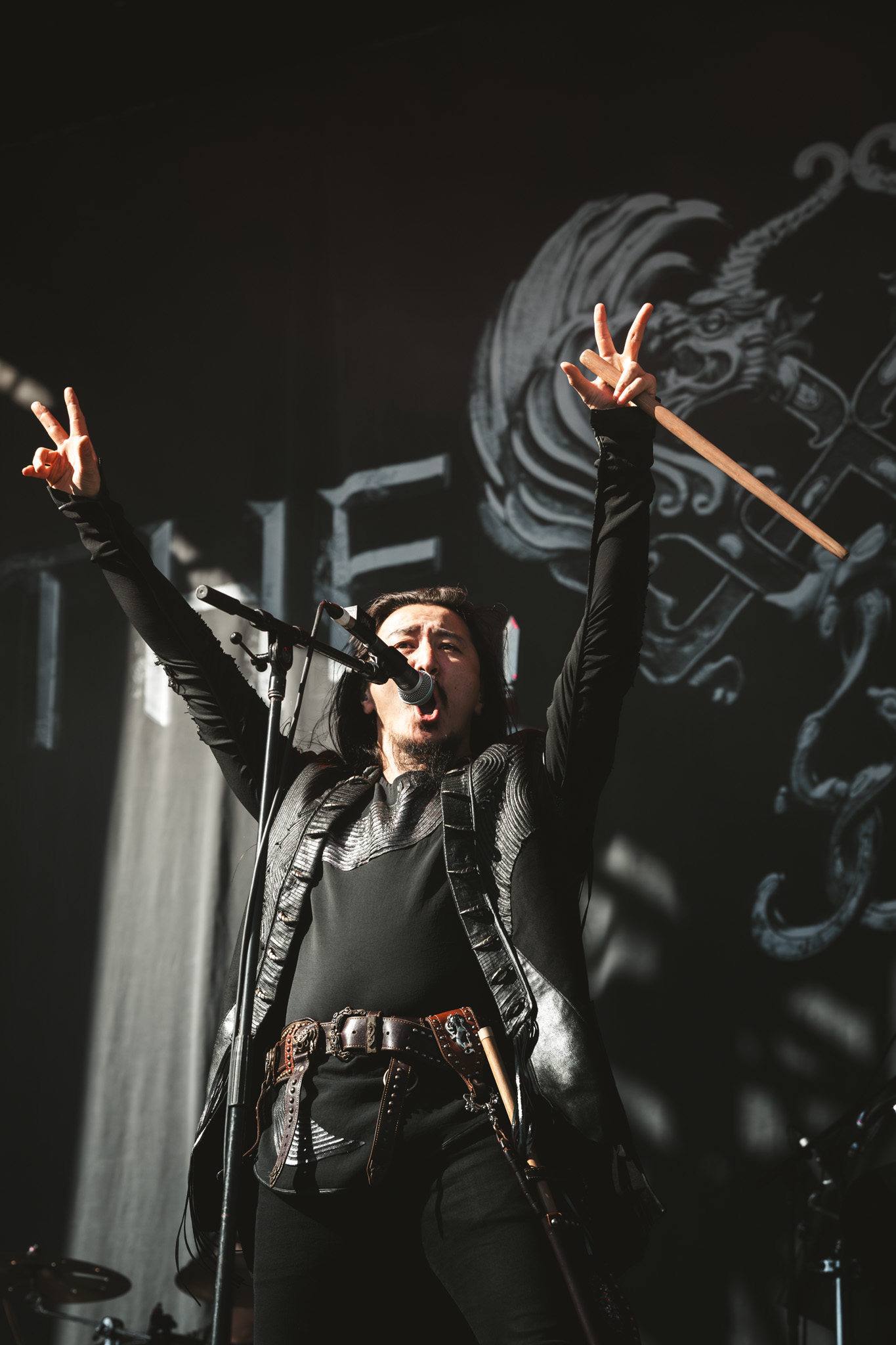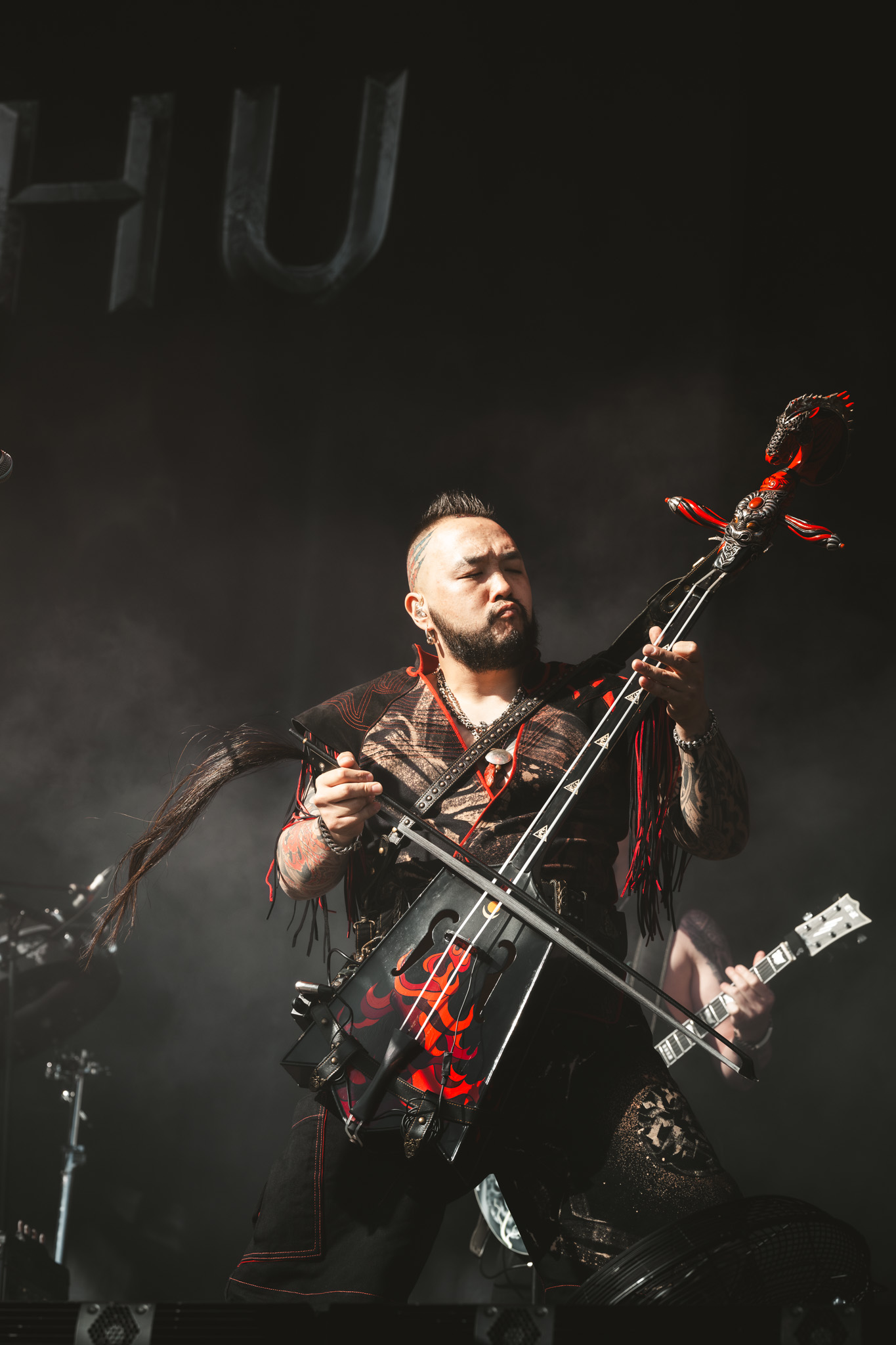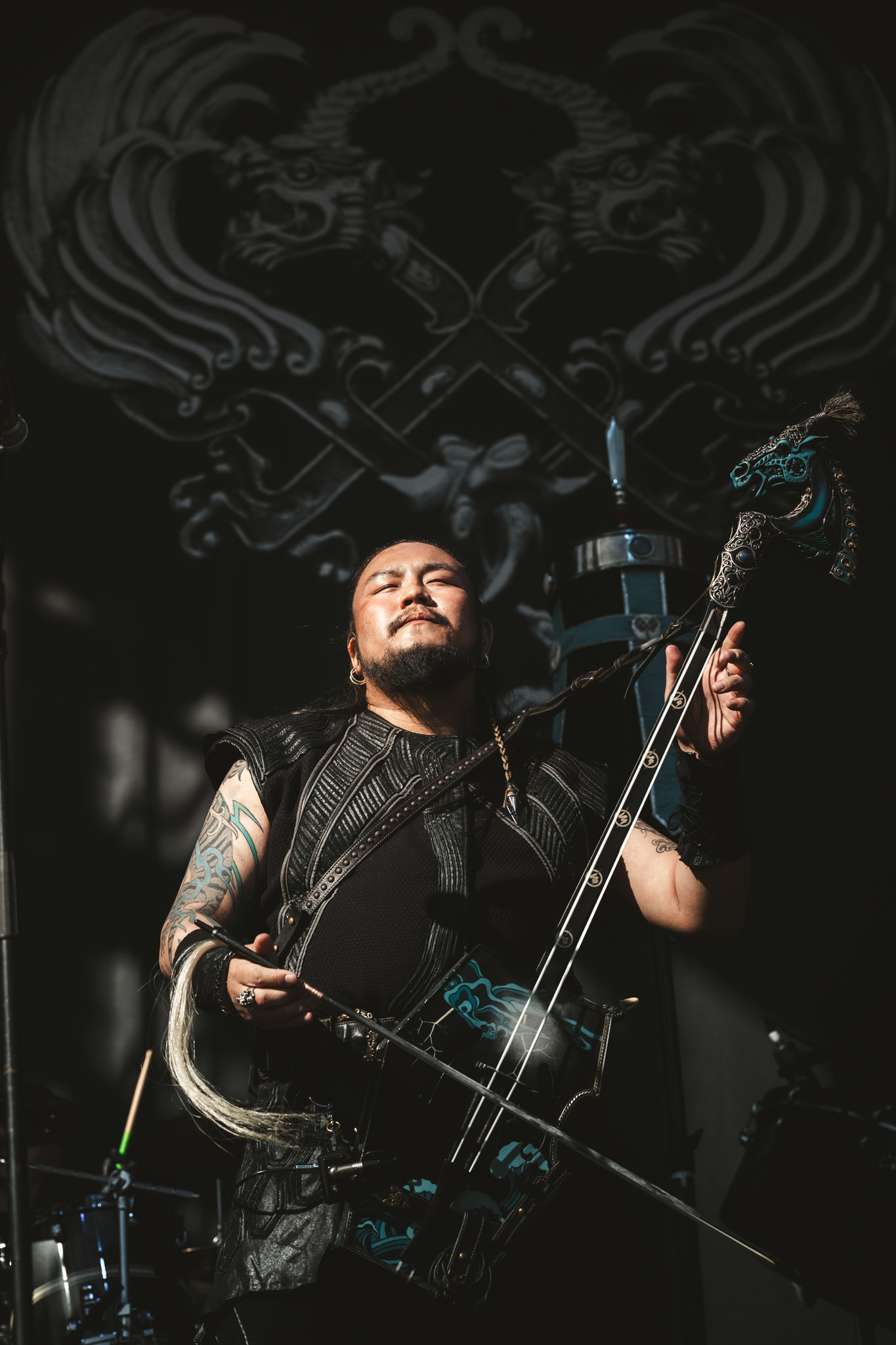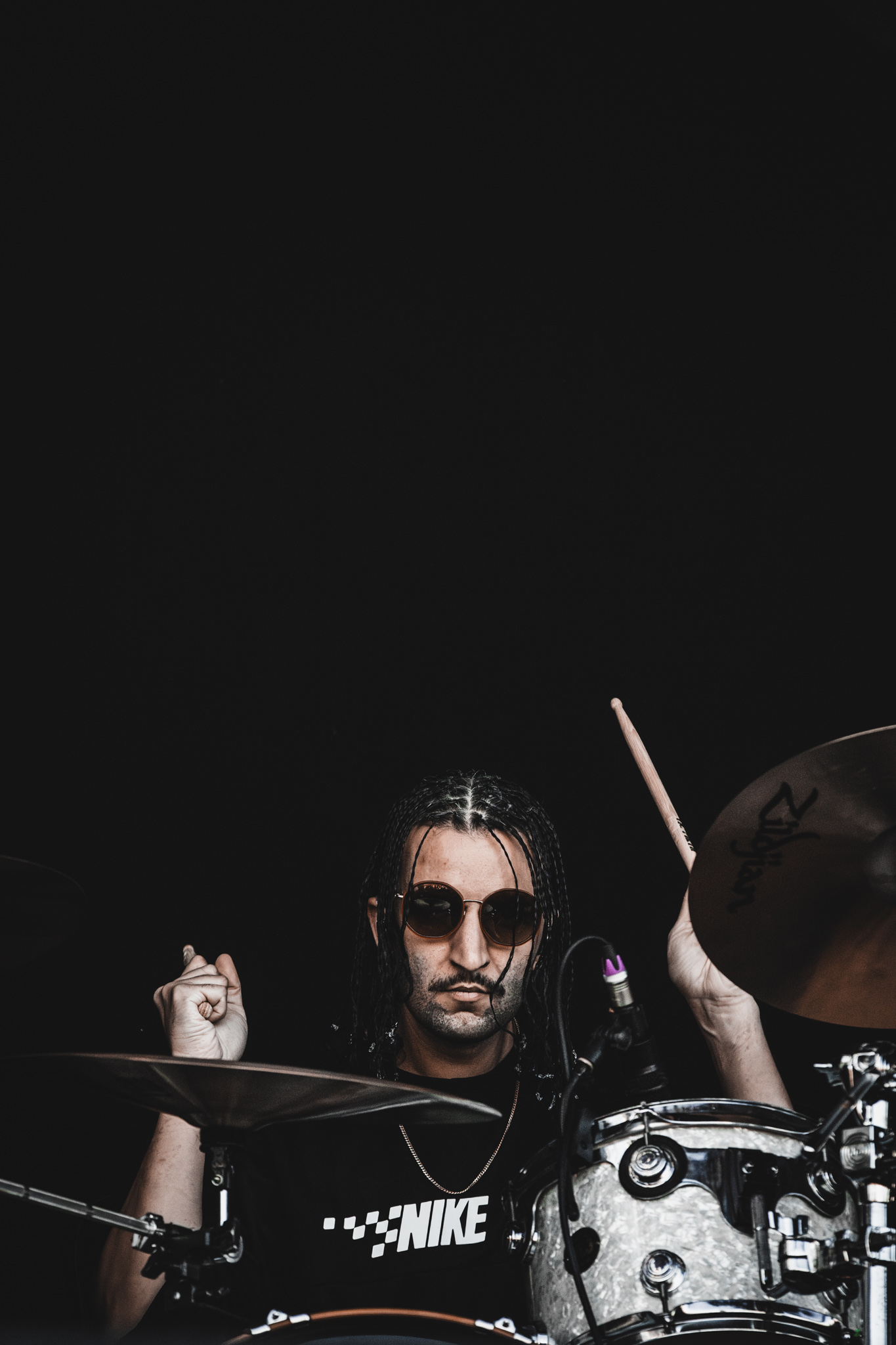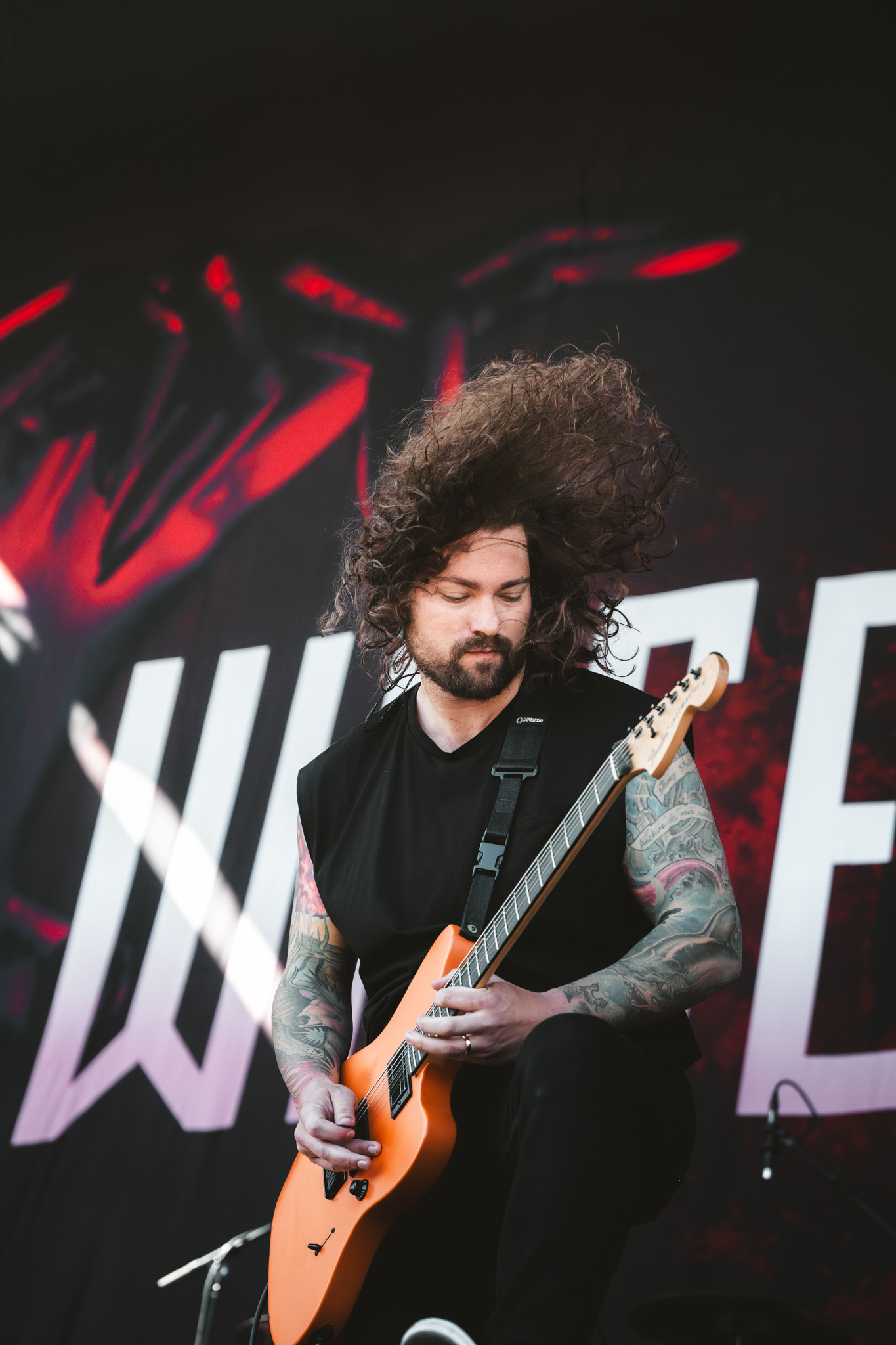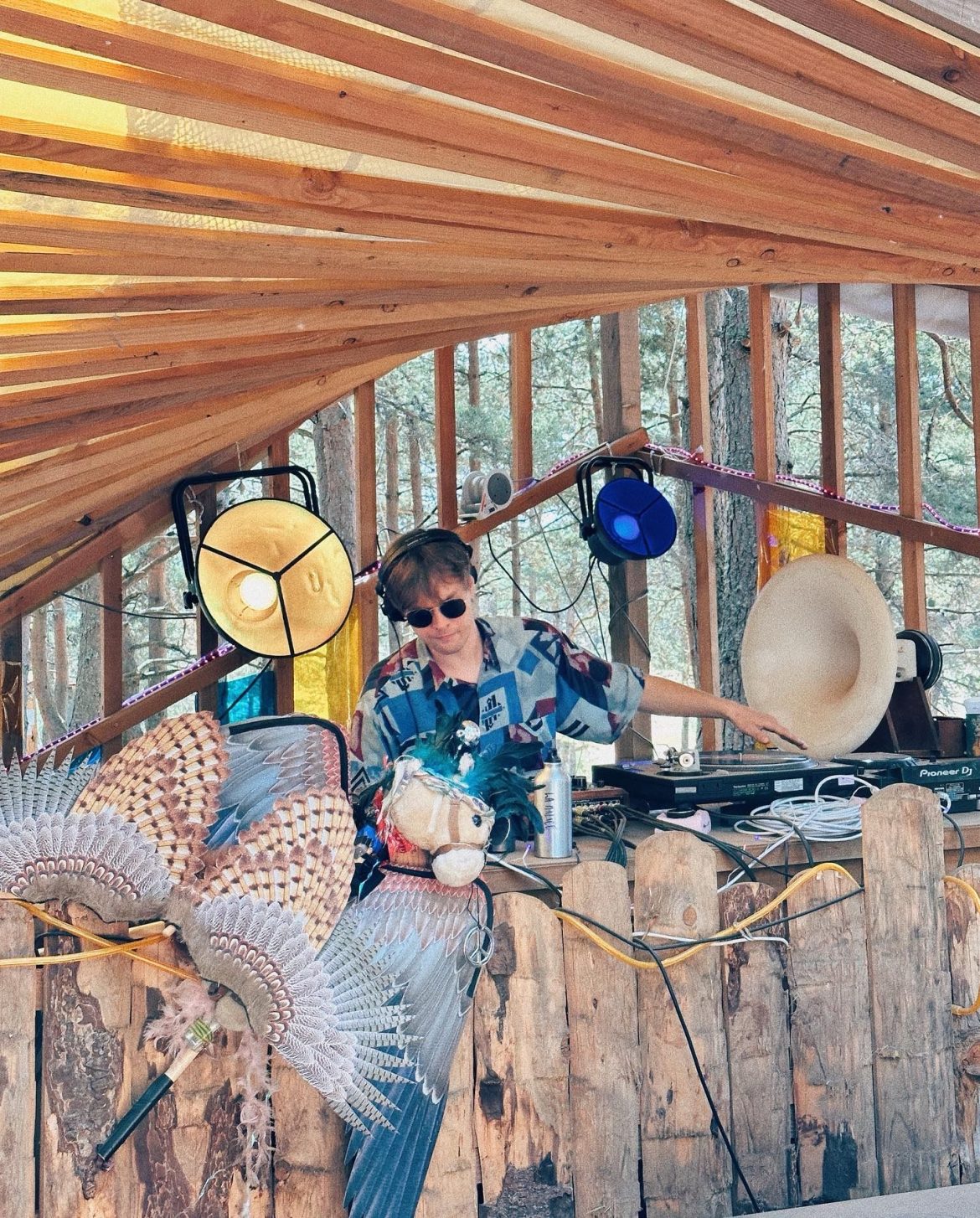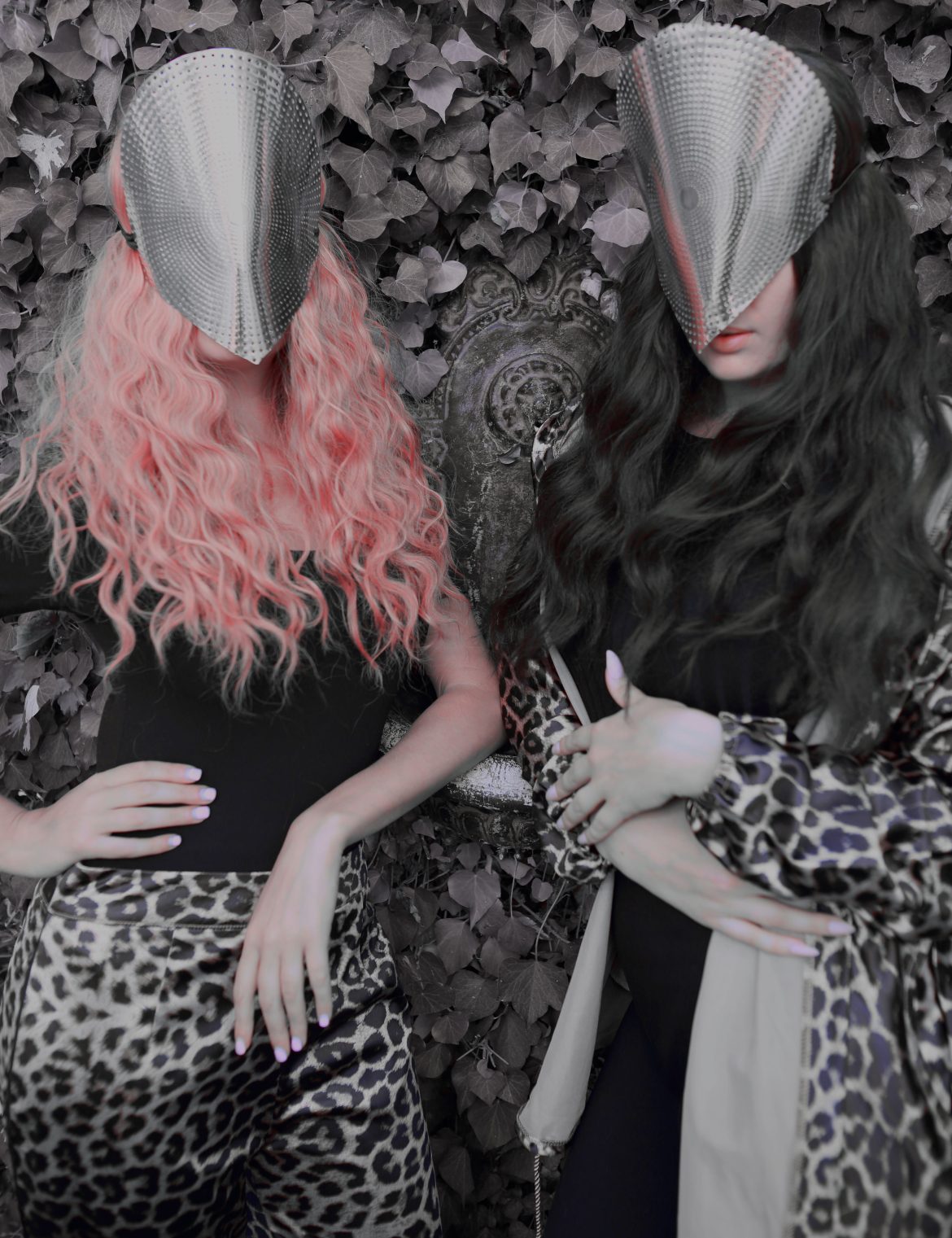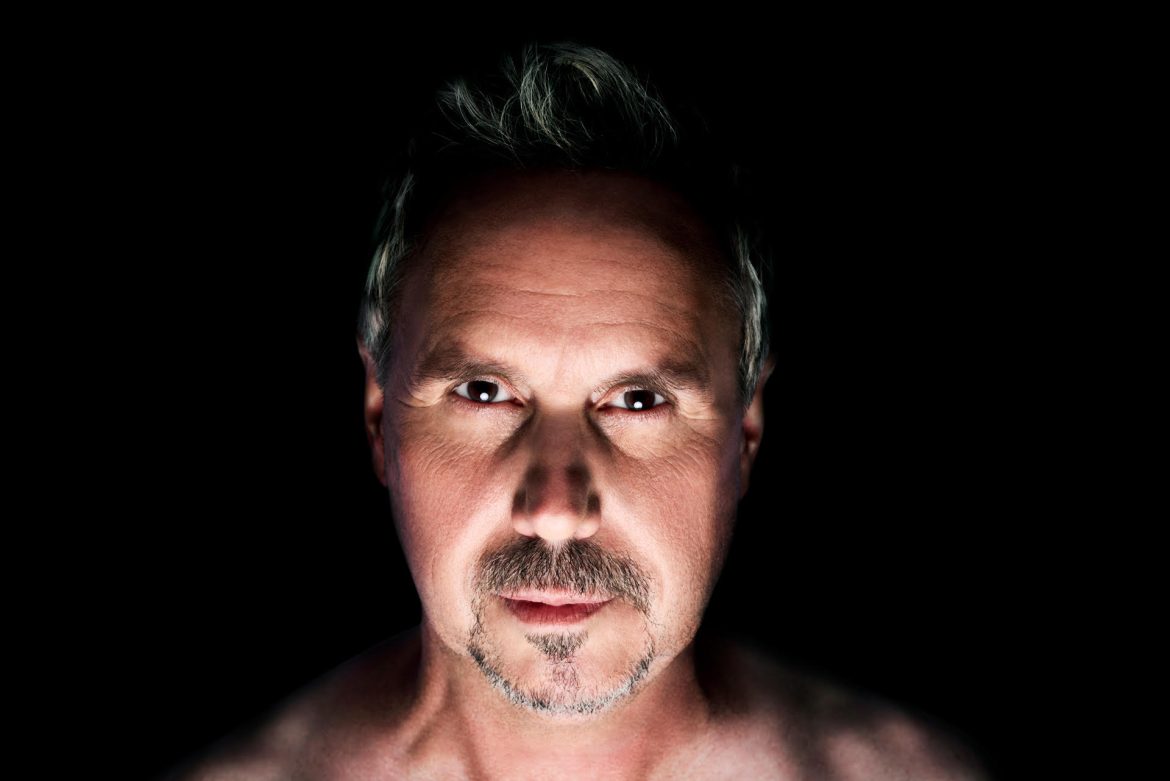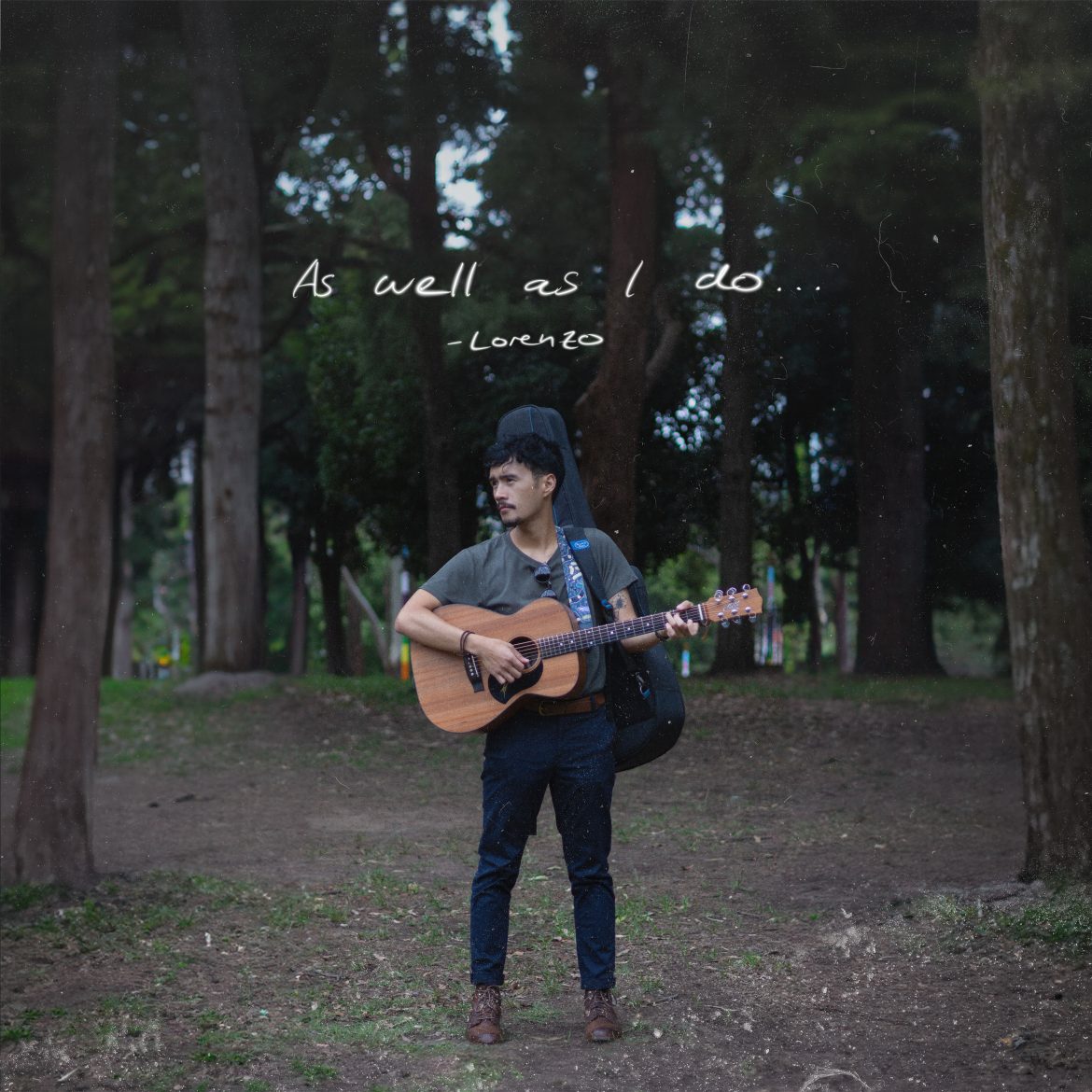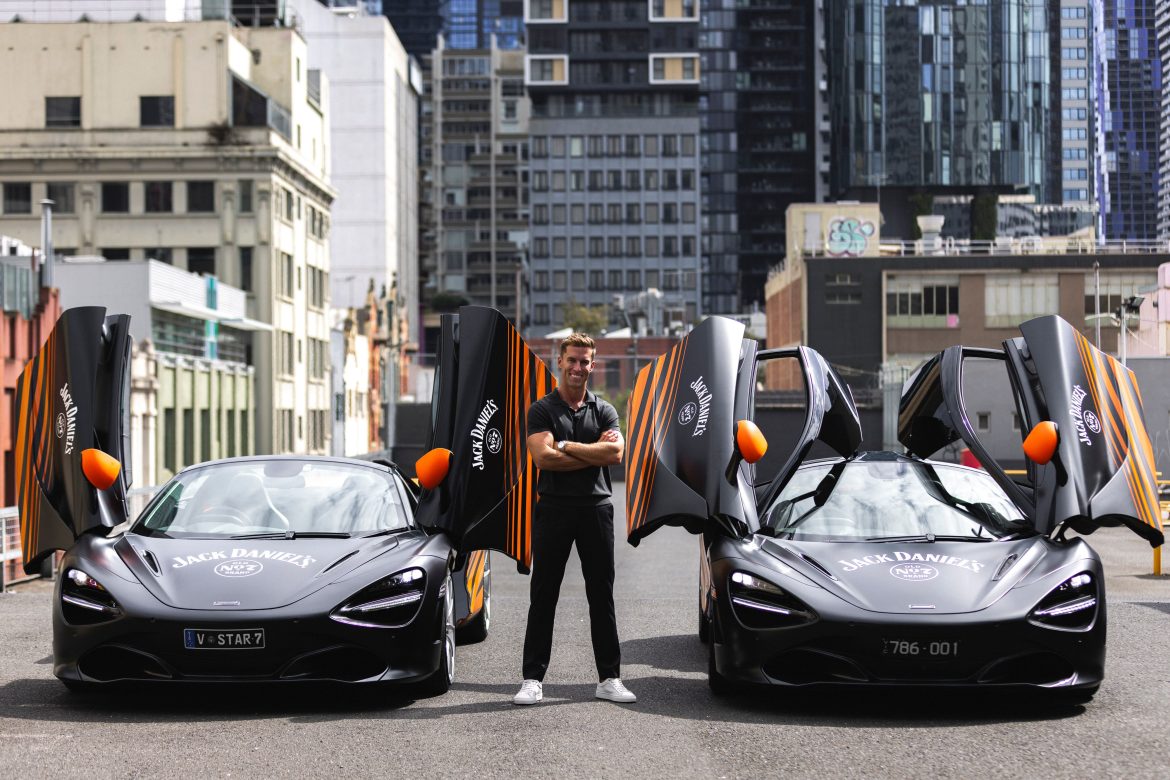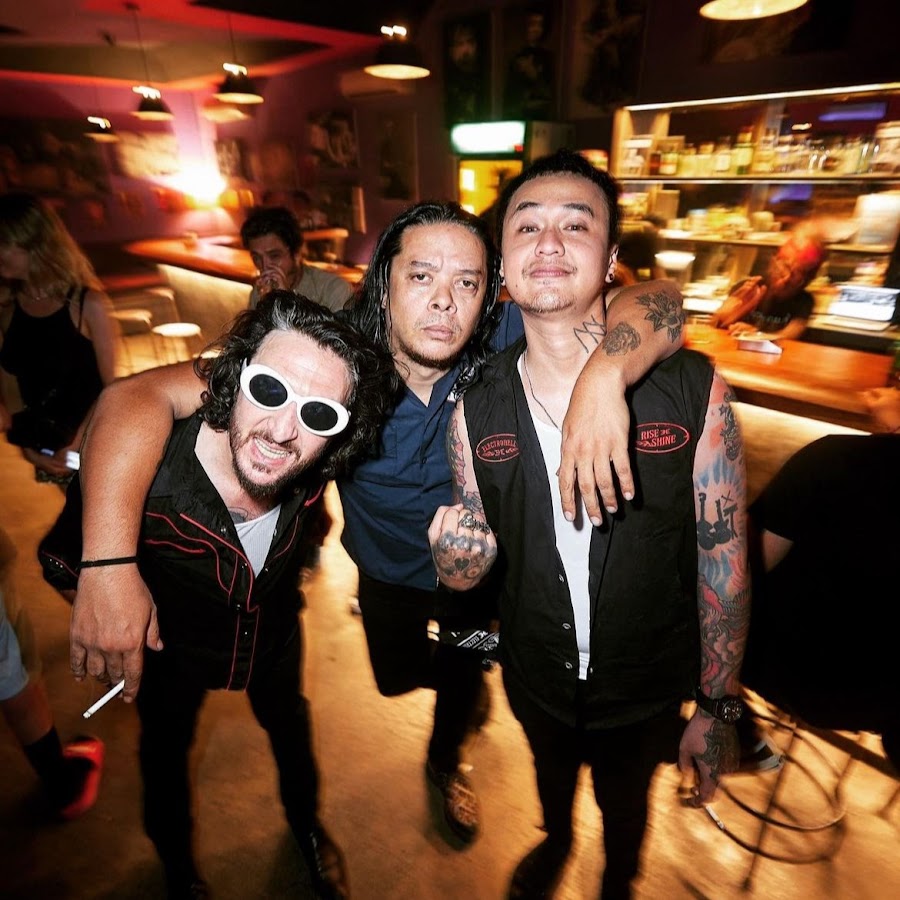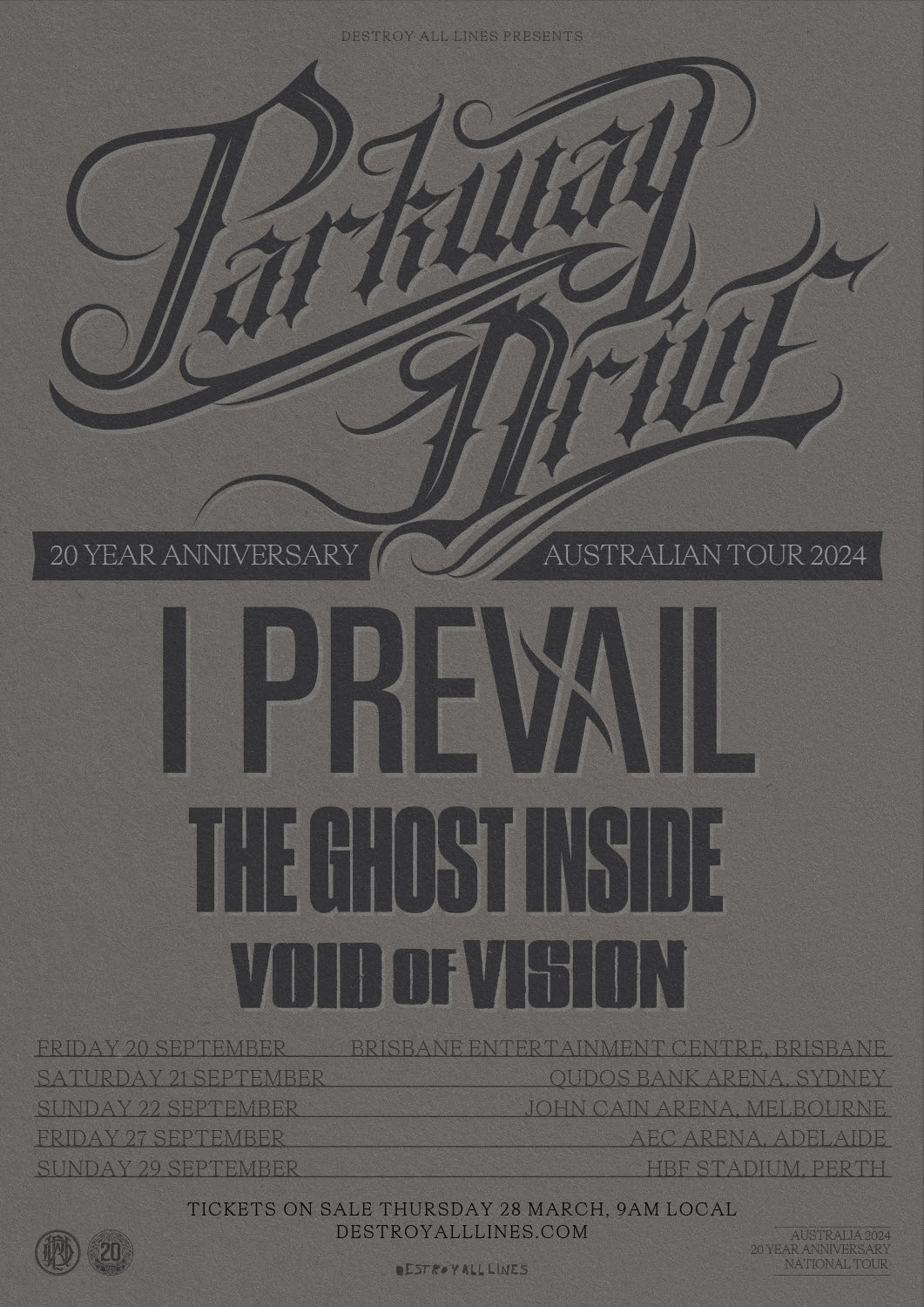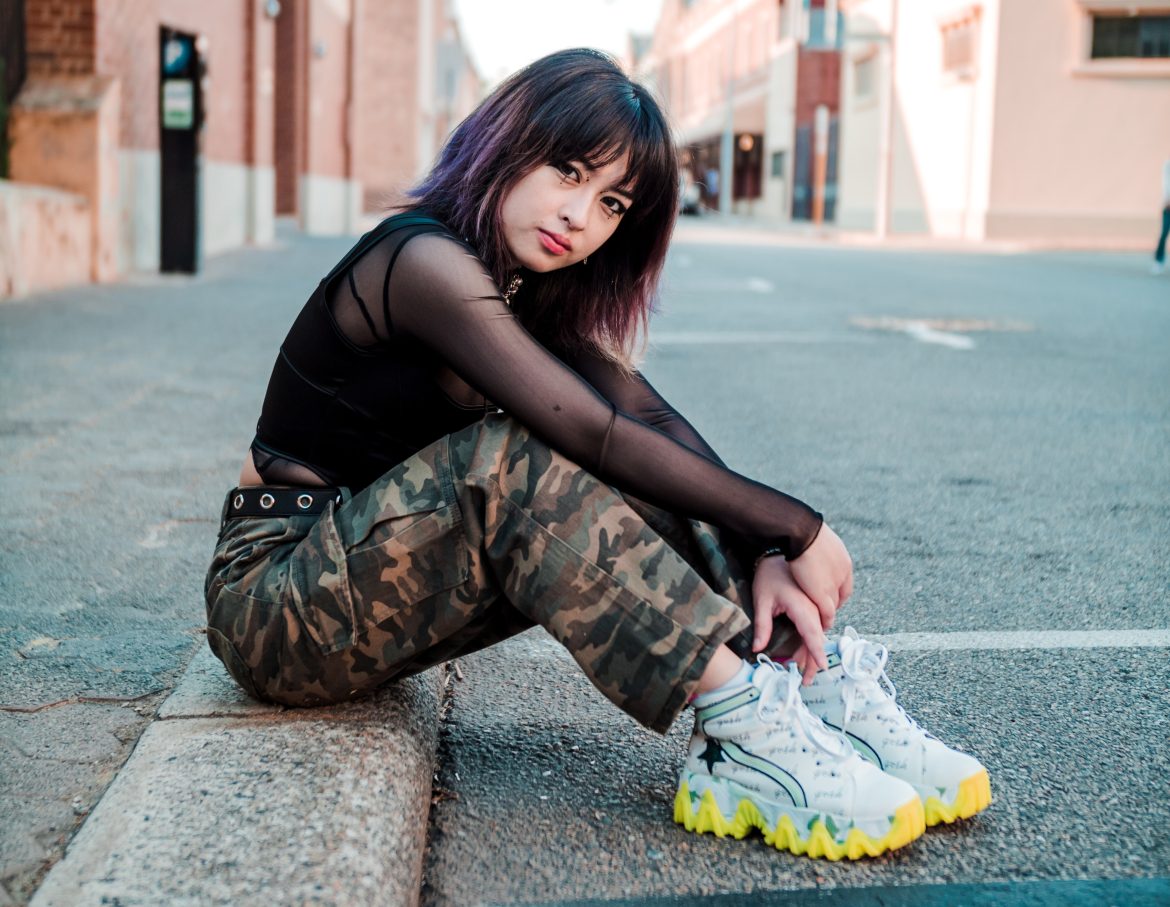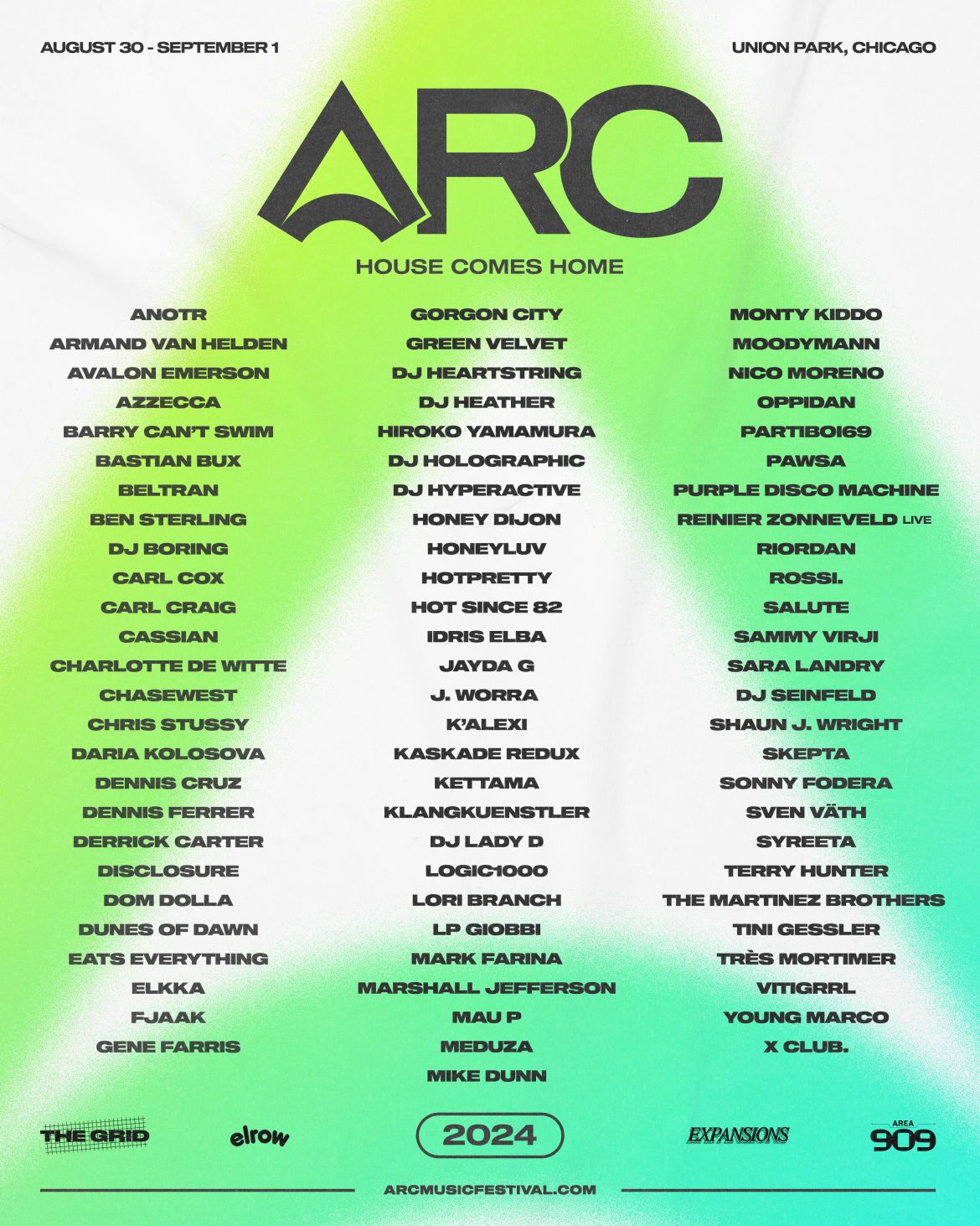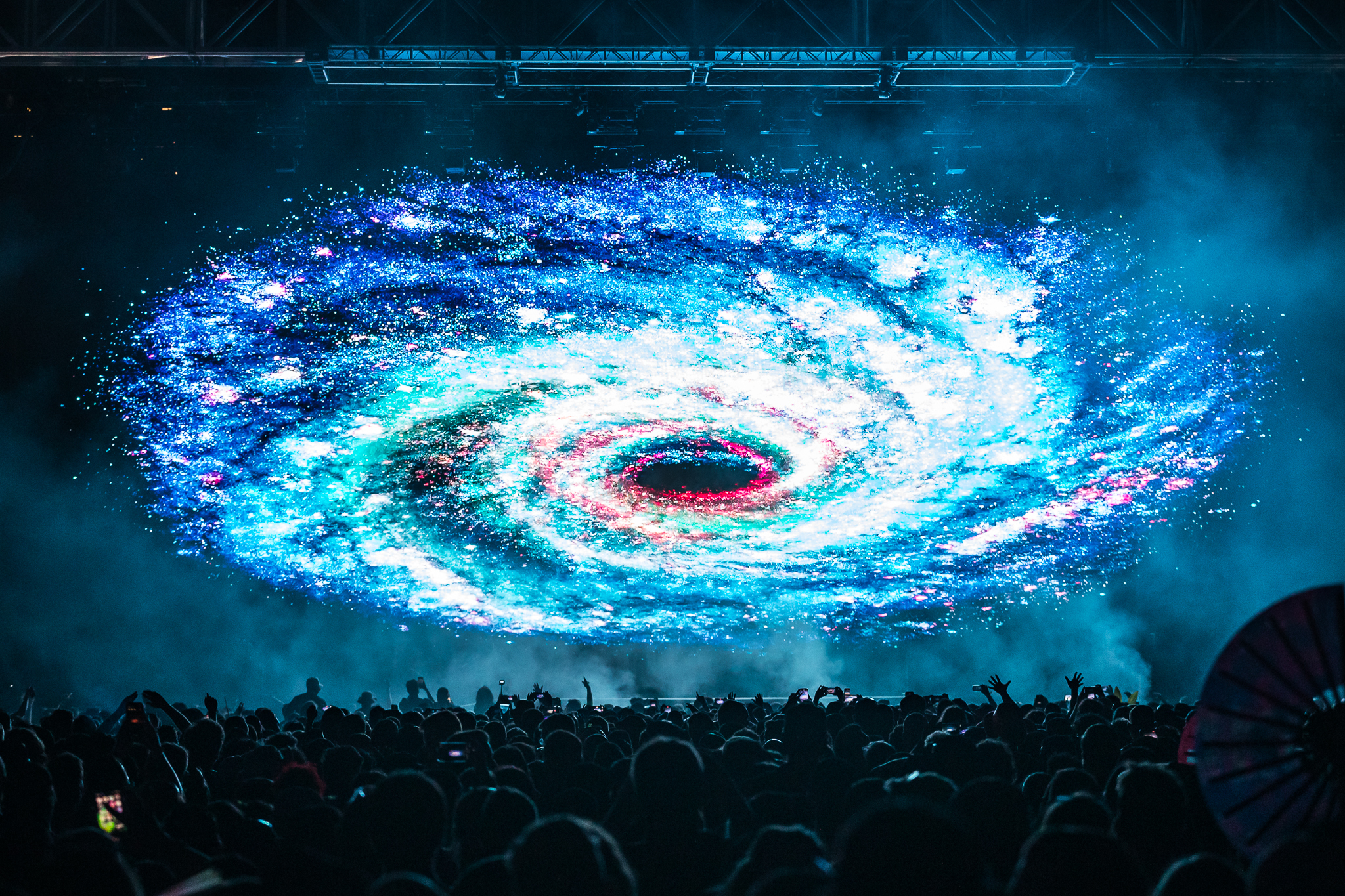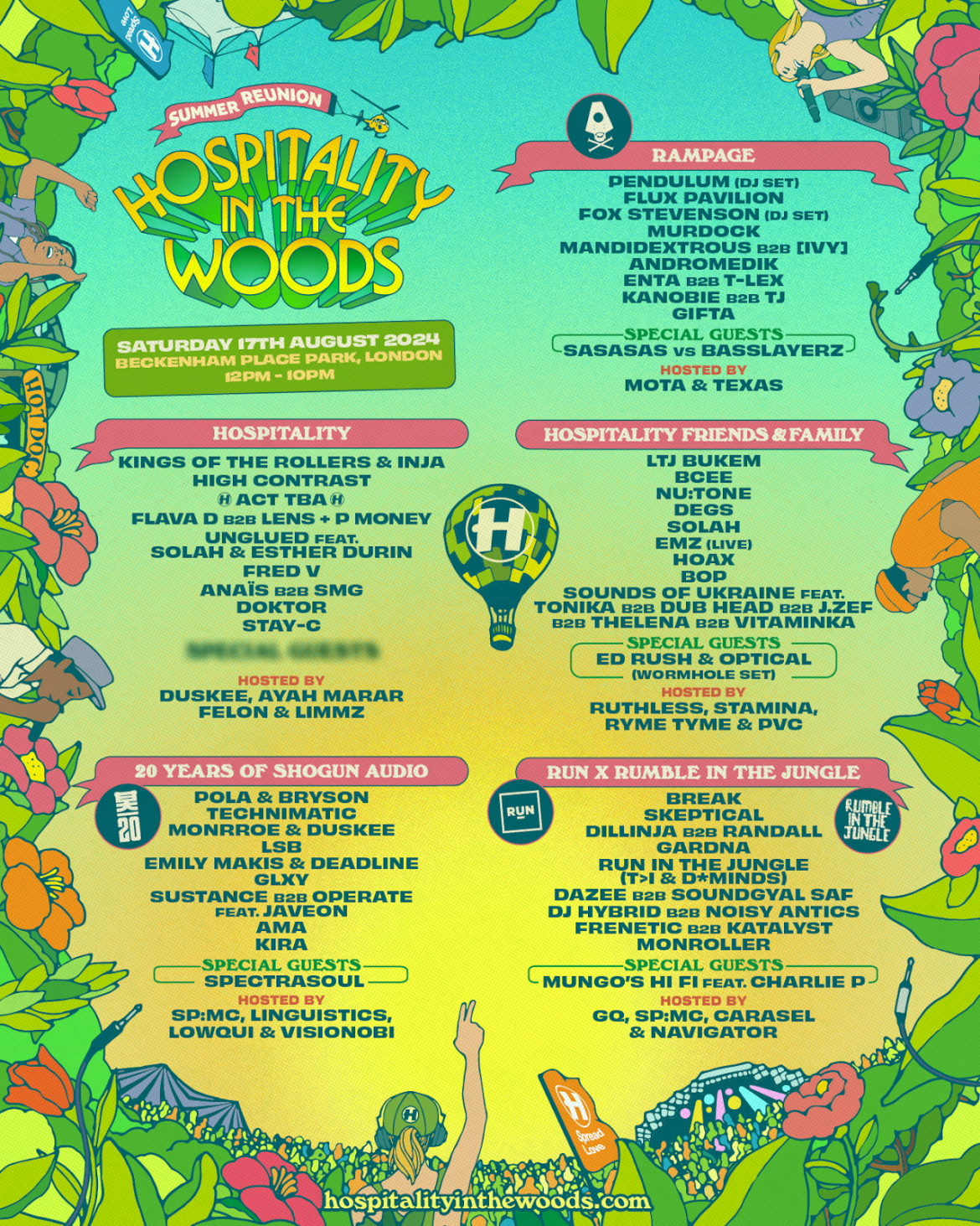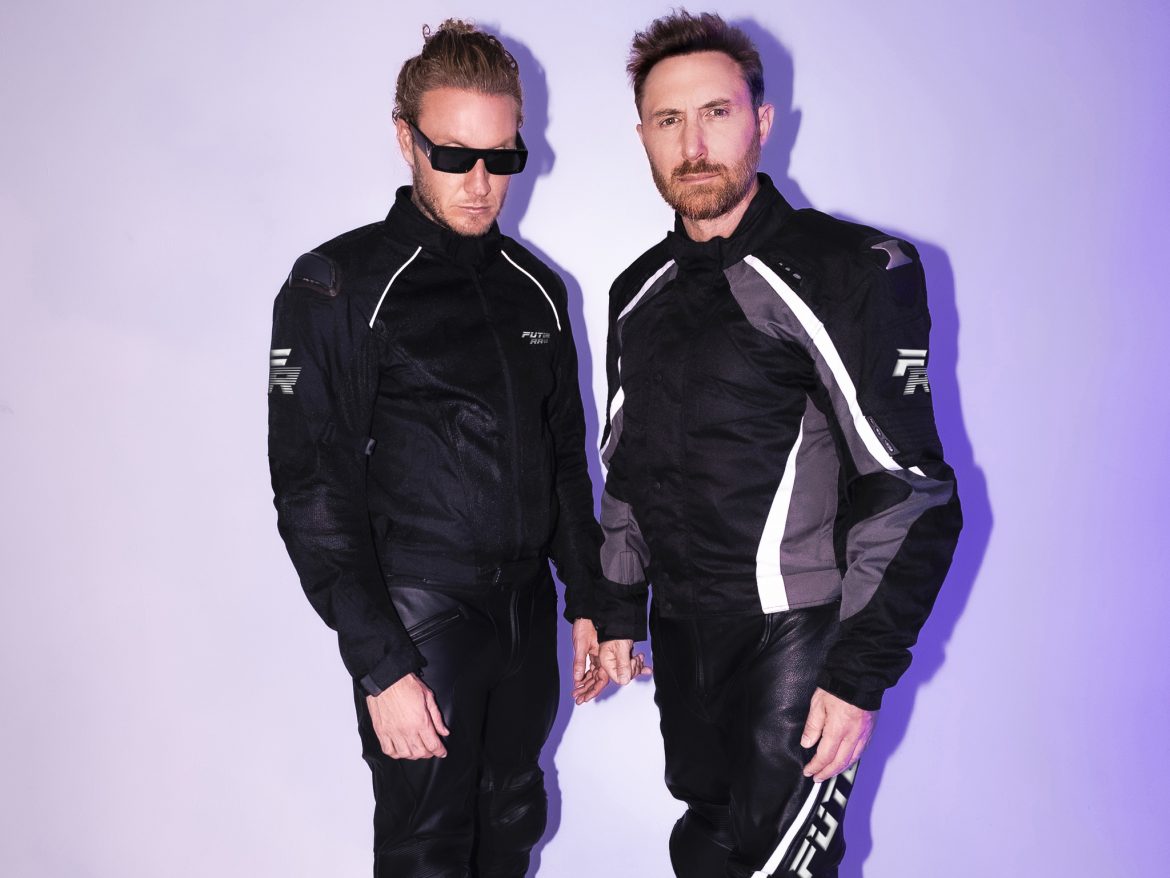What inspired you to pursue a career in music production and composition, and how did Julia Sound come to fruition?
I became obsessed with music as a young kid, and learned the piano, and later also orchestral percussion. I segued into recording and mixing in my 20s, which naturally led to writing and producing . I spent years producing for other artists, and then when the pandemic hit, it seemed a good time to focus on my own art – Julia Sound is like the cumulative result of all of that.
Could you elaborate on why you chose to create “Julia Sound” as a project, and what sets it apart from your other musical endeavors?
What led you to decide on making “Julia Sound” an instrumental album rather than incorporating vocals?
As a female musician, how do you perceive the role of women in the music industry, and how does that influence your work with Julia Sound?
Can you share some of the key musical influences that have shaped the sound of Julia Sound, particularly those from 90’s and 00’s British electronica?
How do you approach blending old synths with new plugins in your production process, and what do each contribute to the overall texture of the album?
In what ways does “Julia Sound” reflect your growth and evolution as a composer and producer since your earlier releases?
What inspired you to incorporate trip-hop elements into Julia Sound’s music, and how do you feel it enhances the listening experience?
Could you discuss the decision to introduce harder beats into “Julia Sound,” and how it adds to the overall aesthetic of the album?
What significance do mellow synth pads, sound design, and smooth arpeggiators hold in creating the atmospheric moods of Julia Sound’s music?
What challenges did you encounter during the production of “Julia Sound,” and how did you navigate through them?
Looking ahead, what are your upcoming goals and aspirations for Julia Sound, and how do you envision the project evolving in the future?
